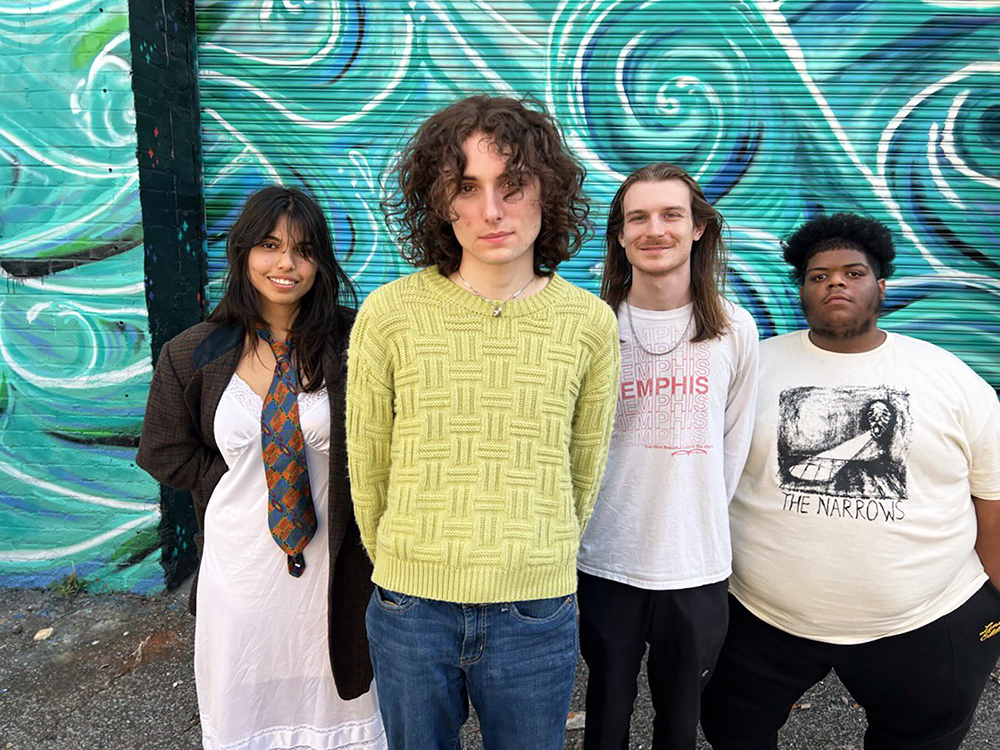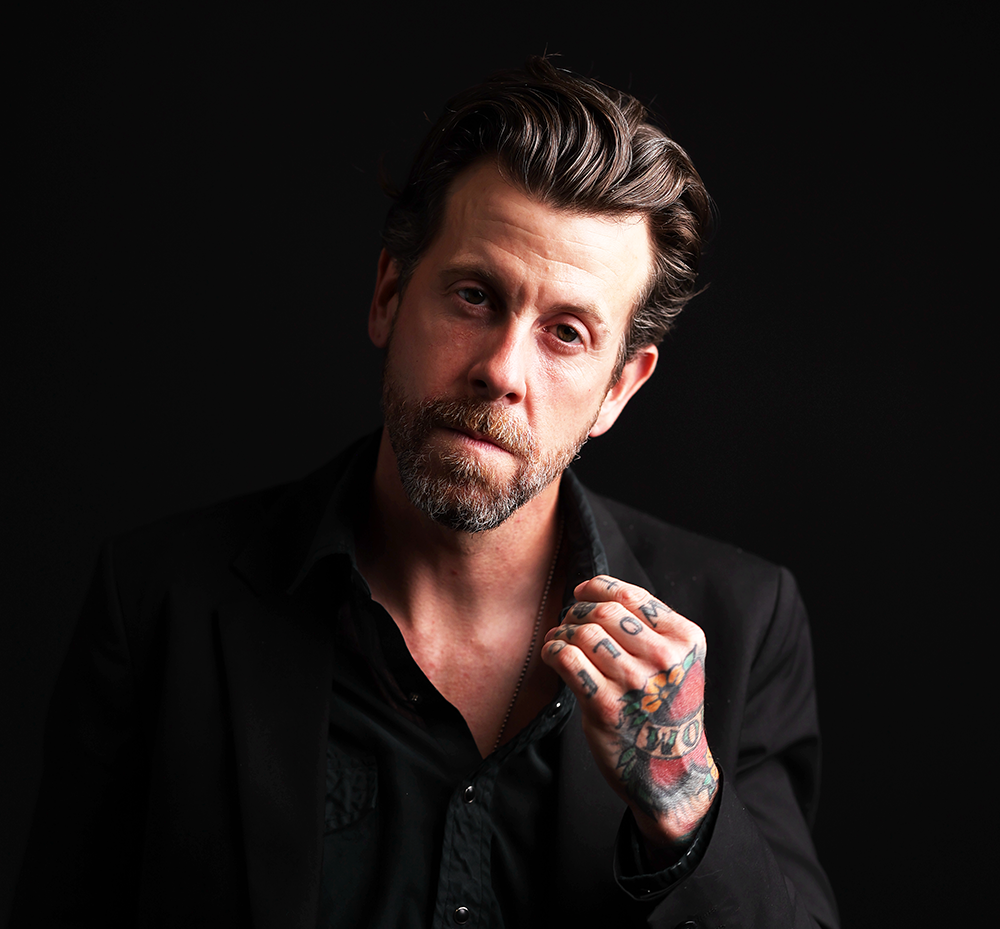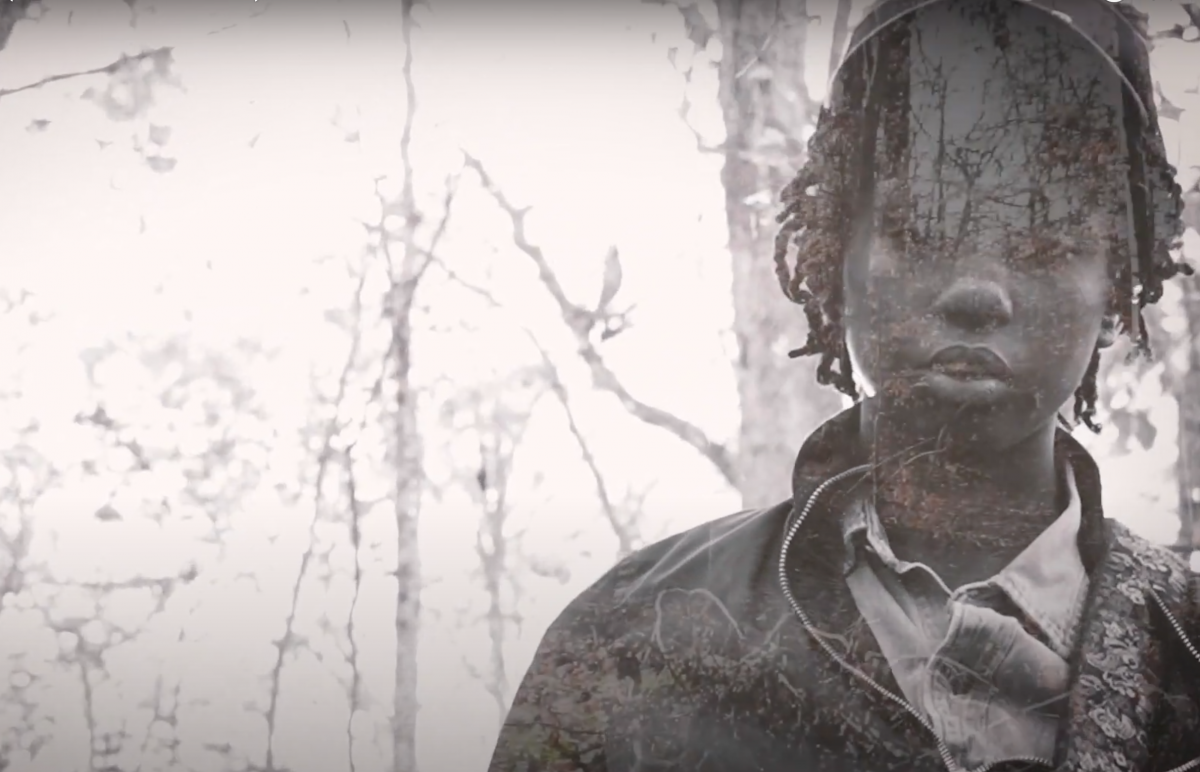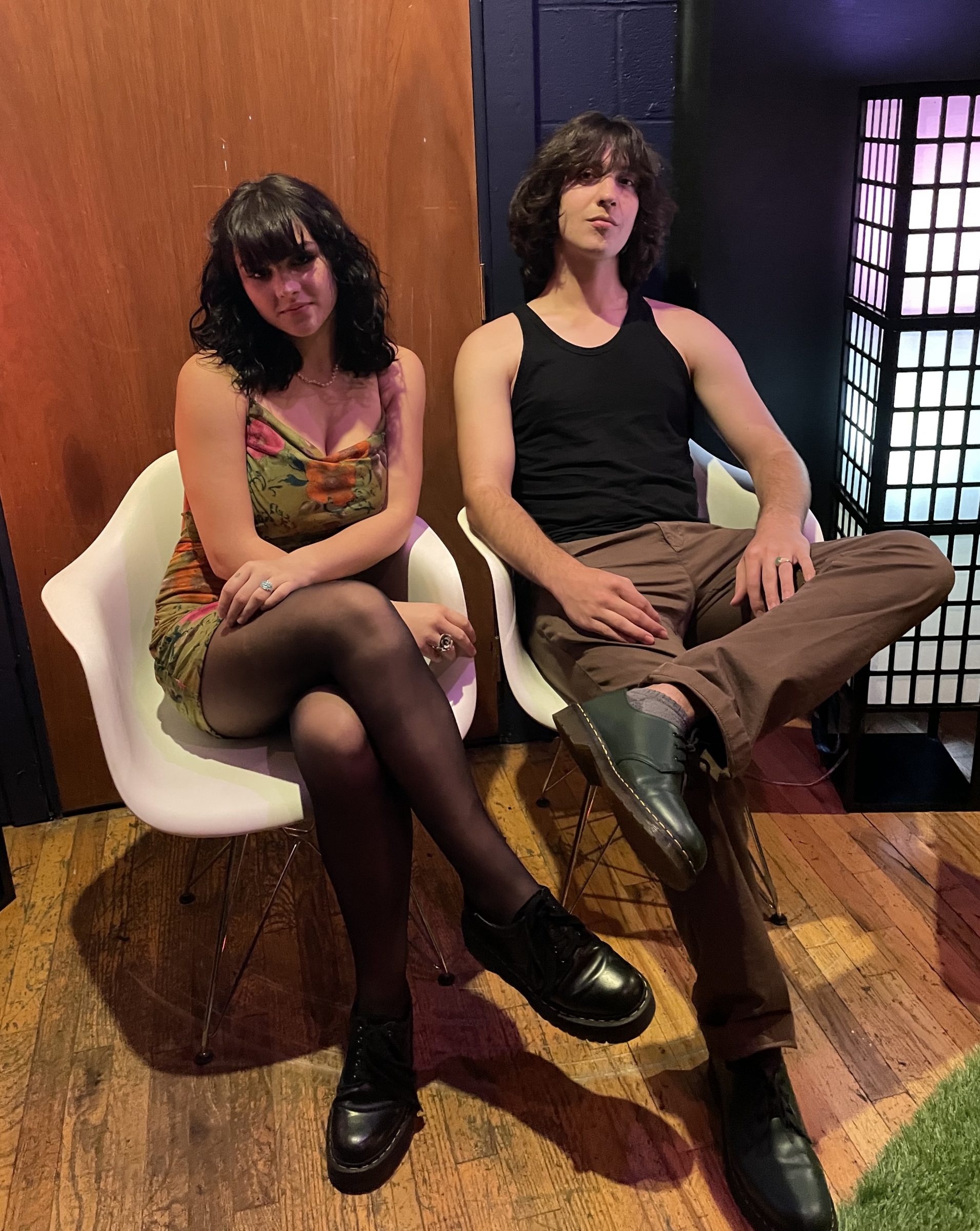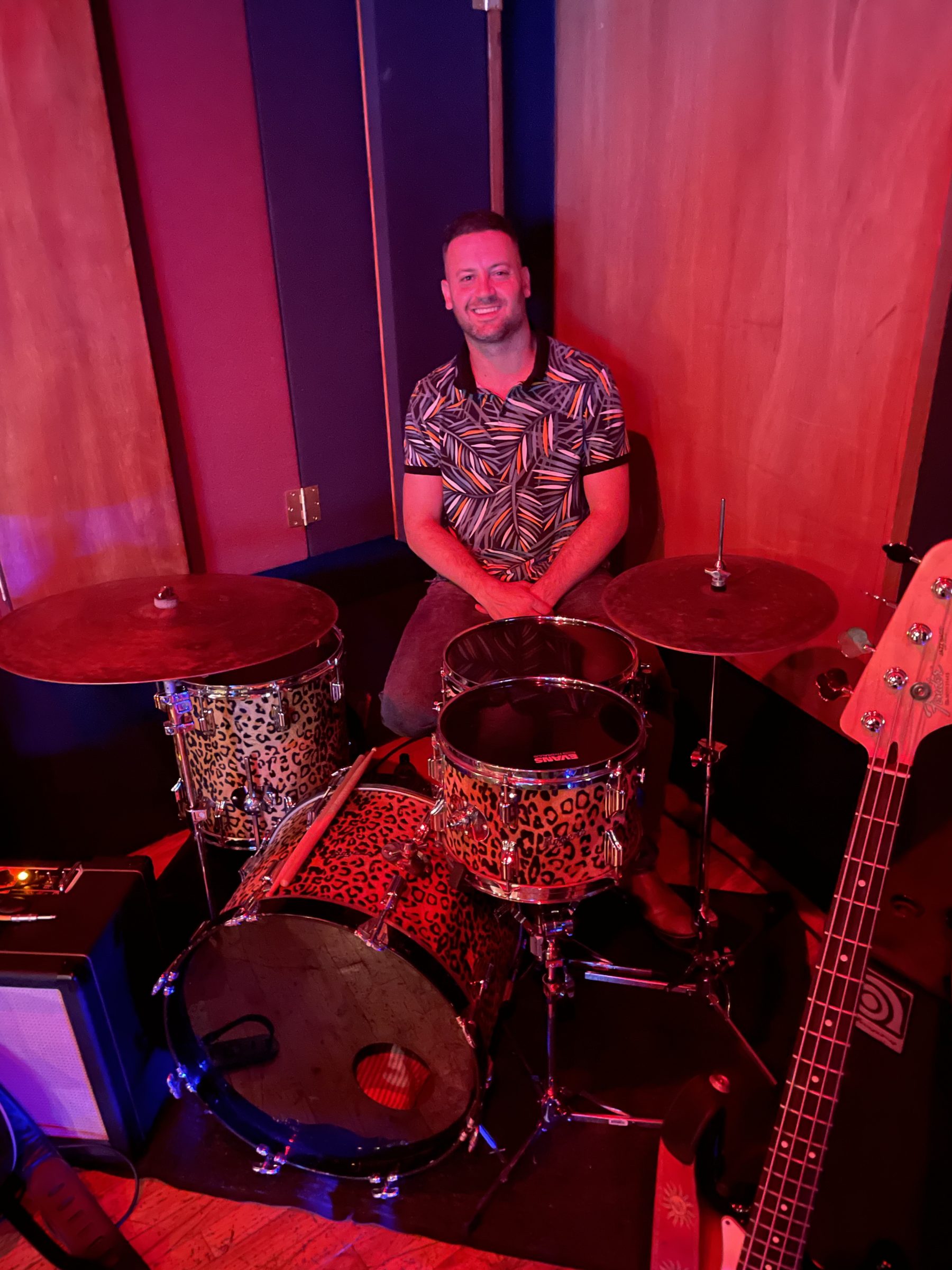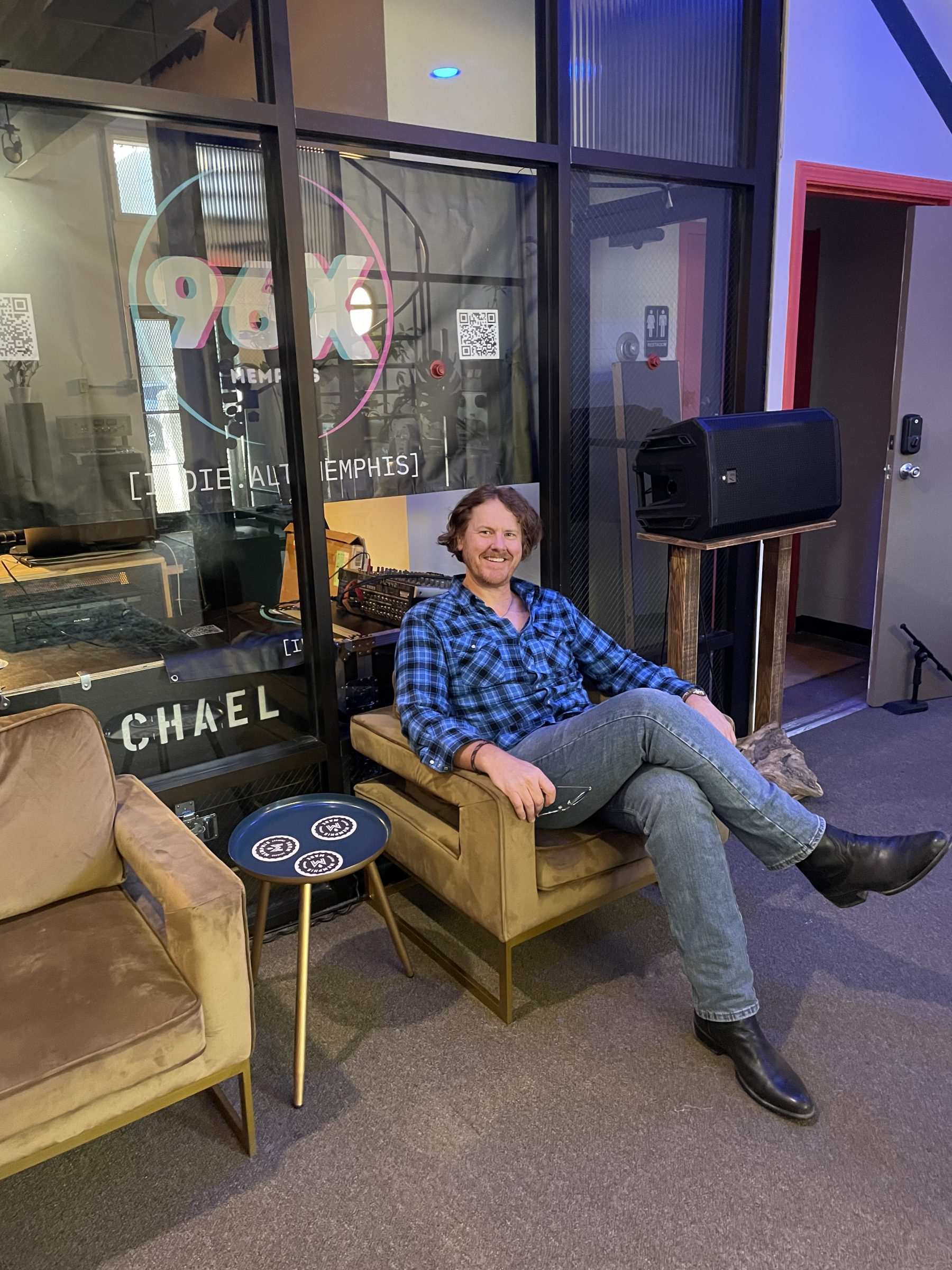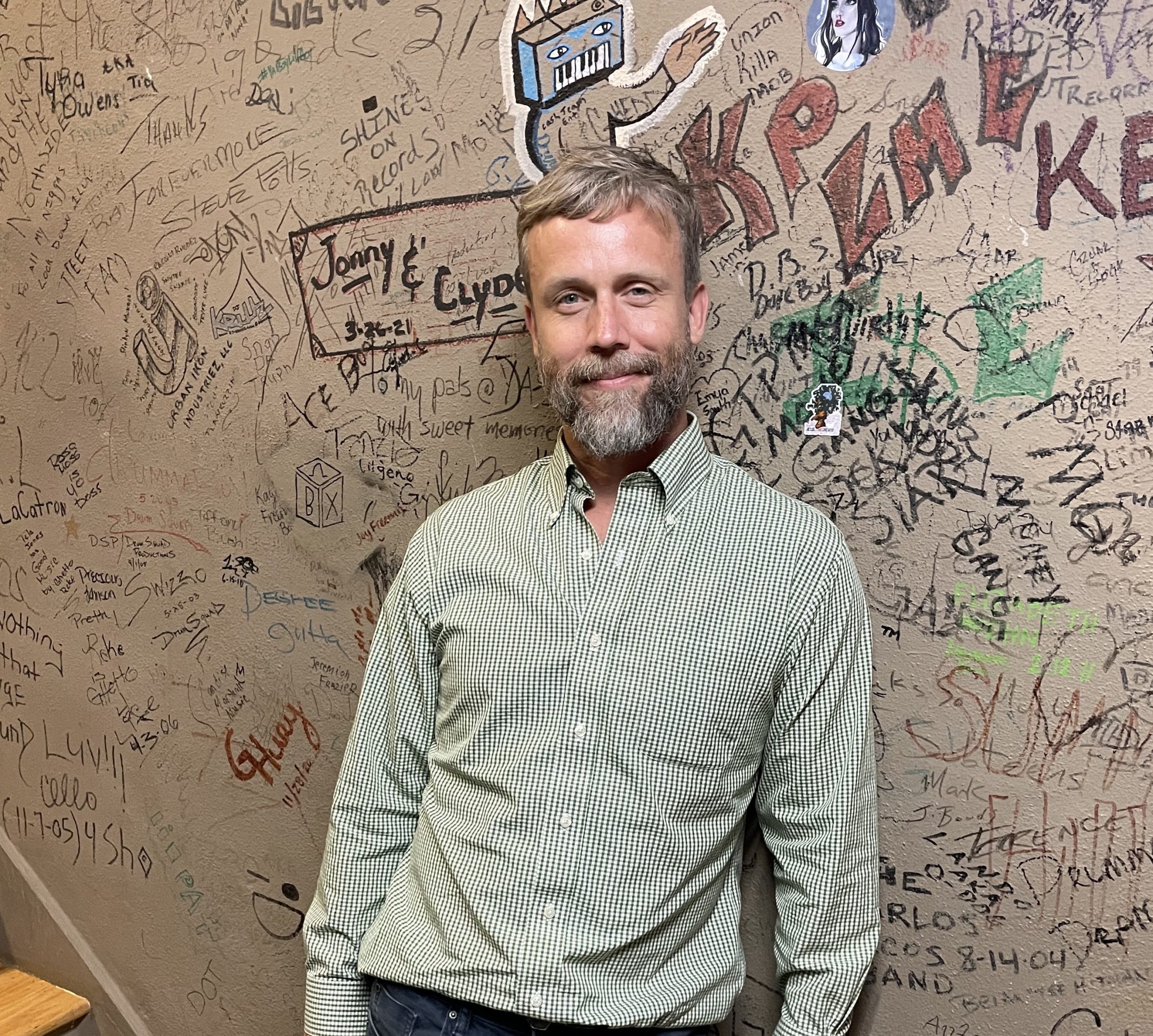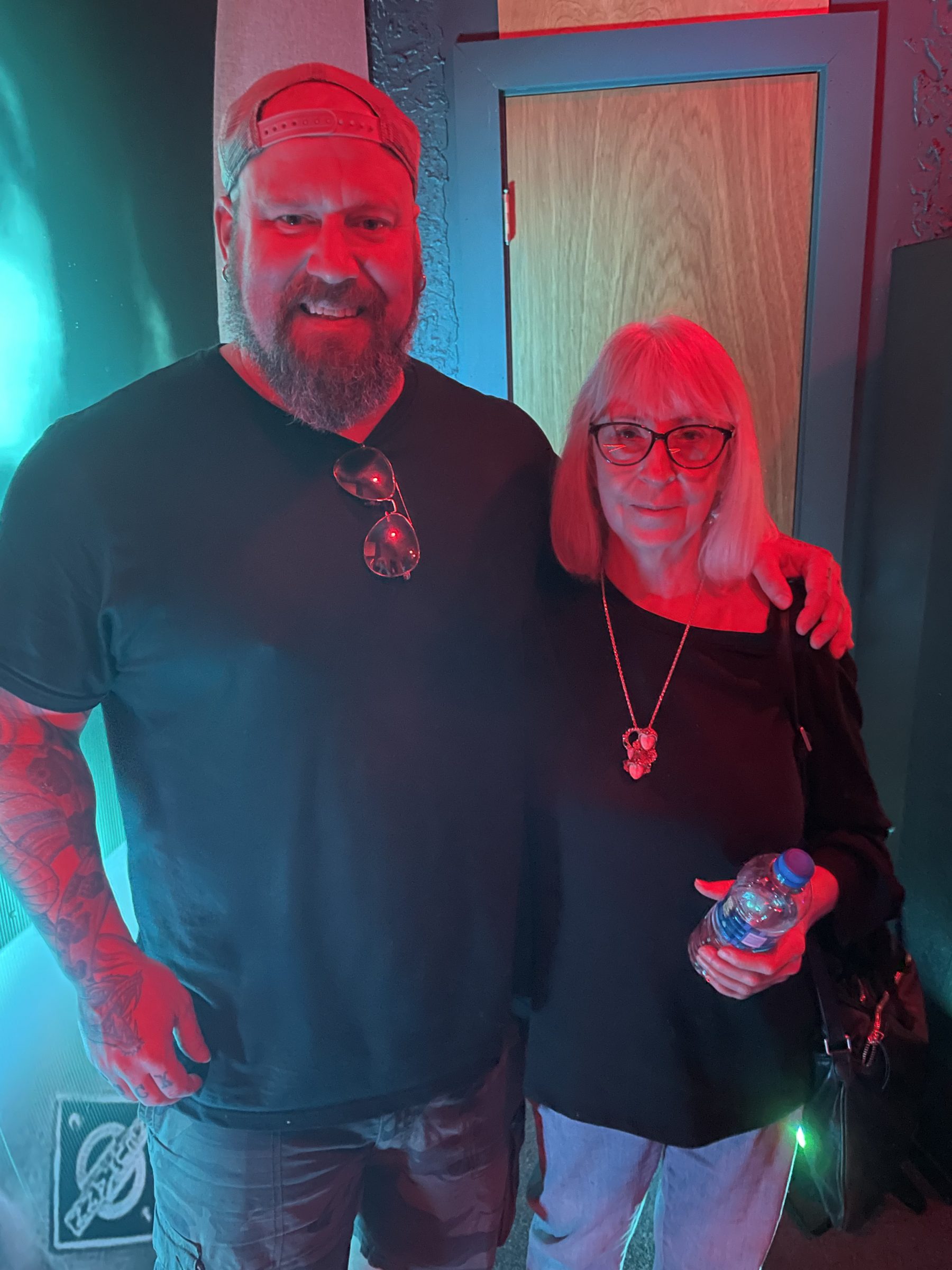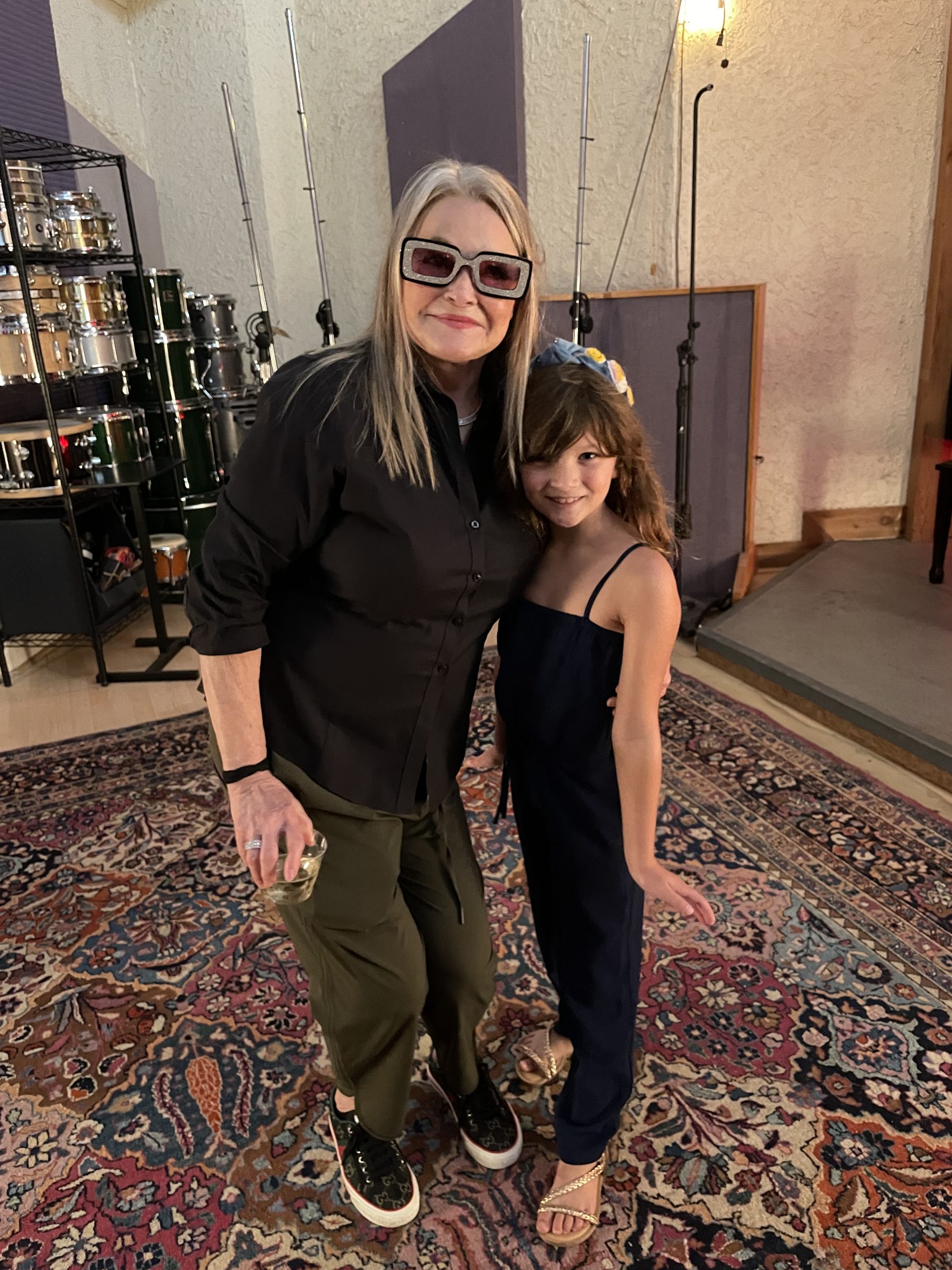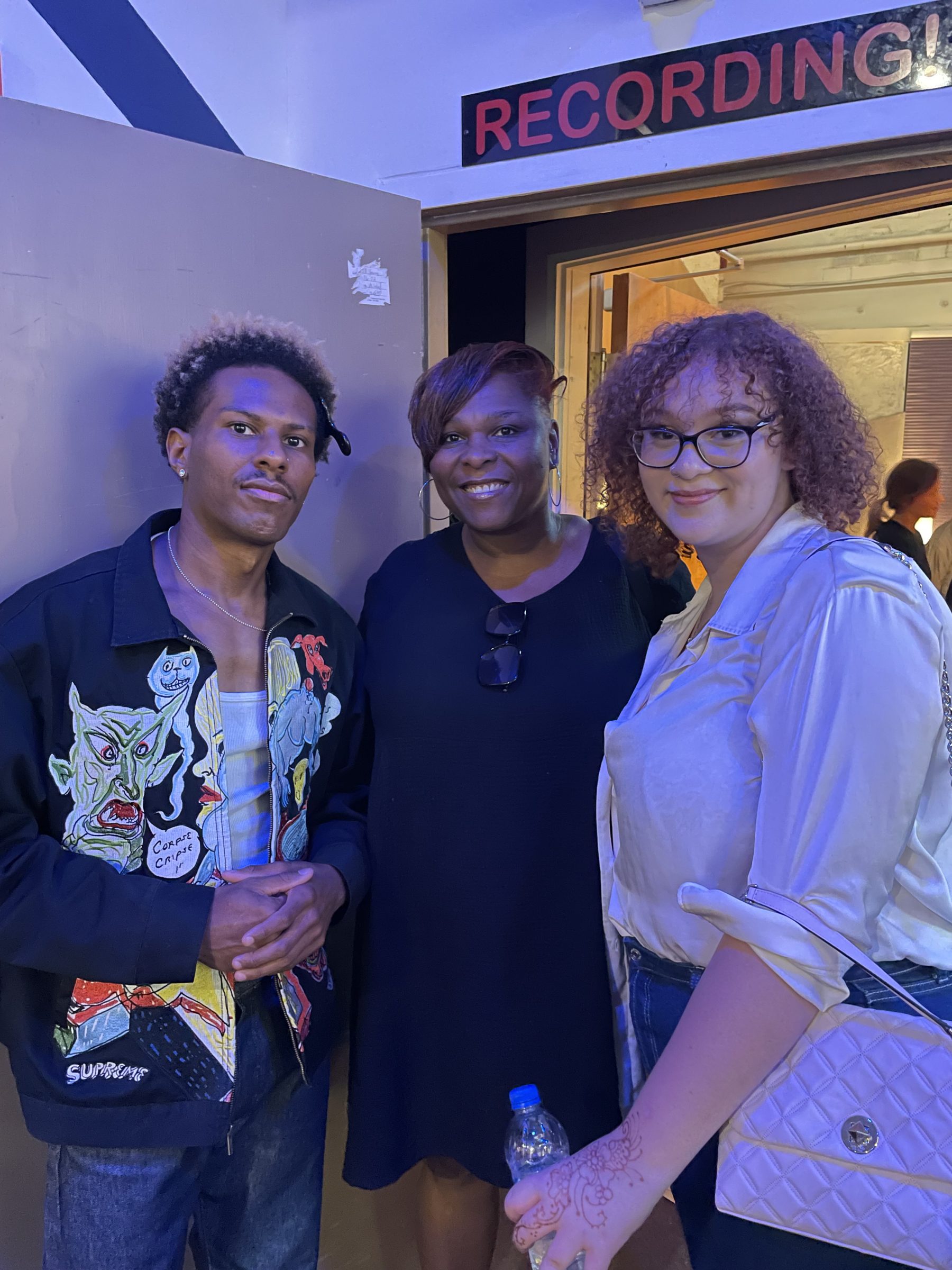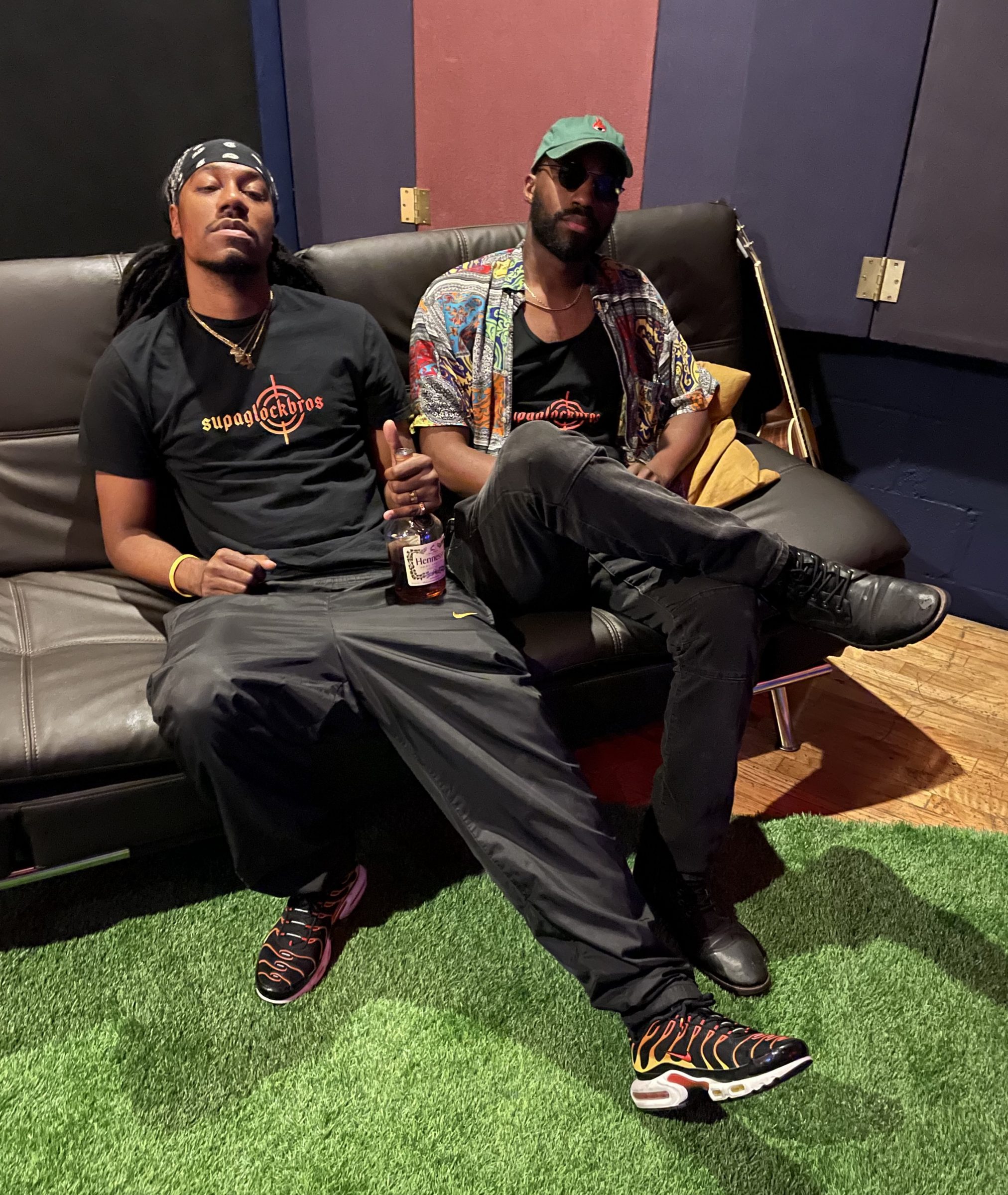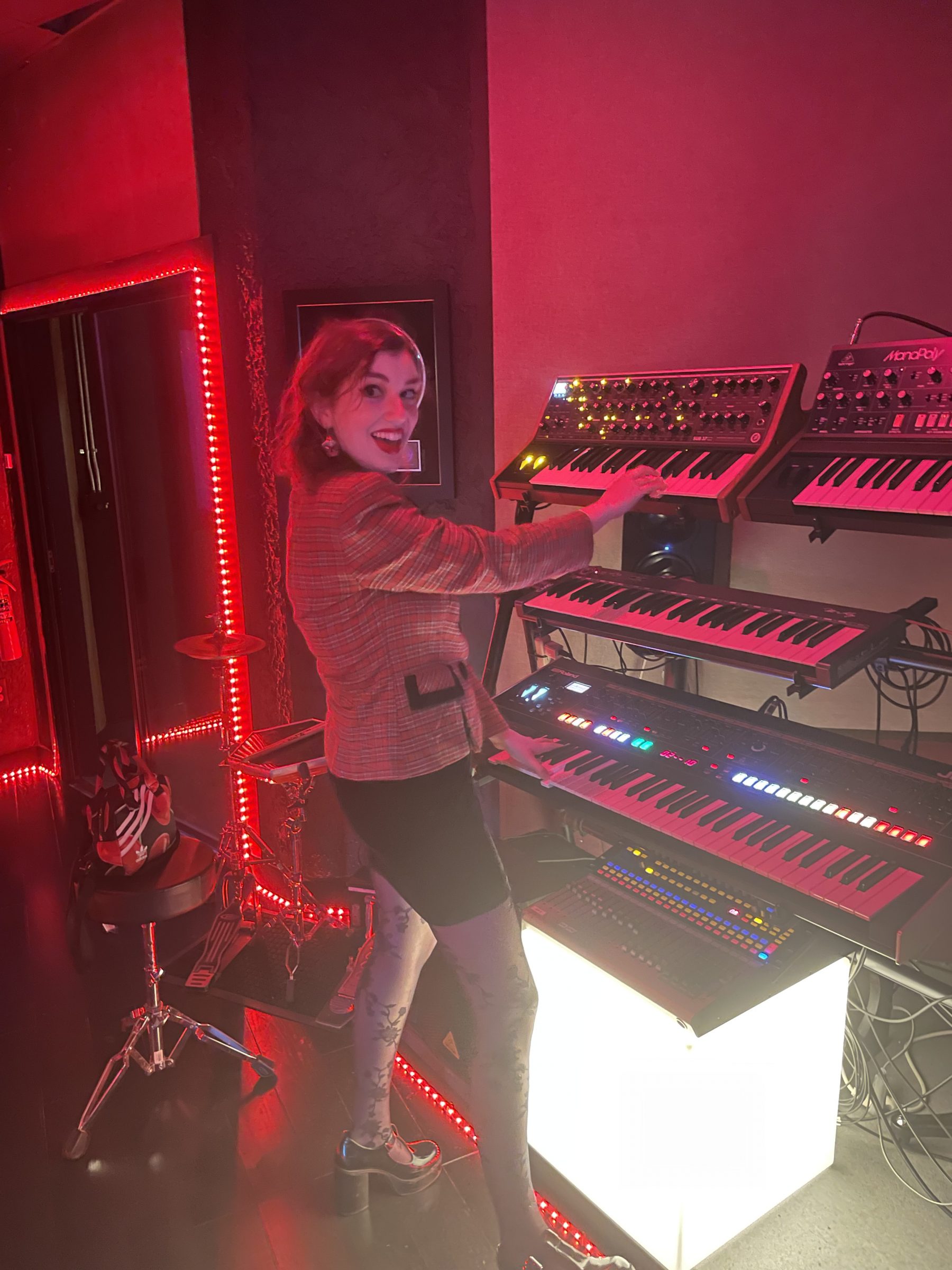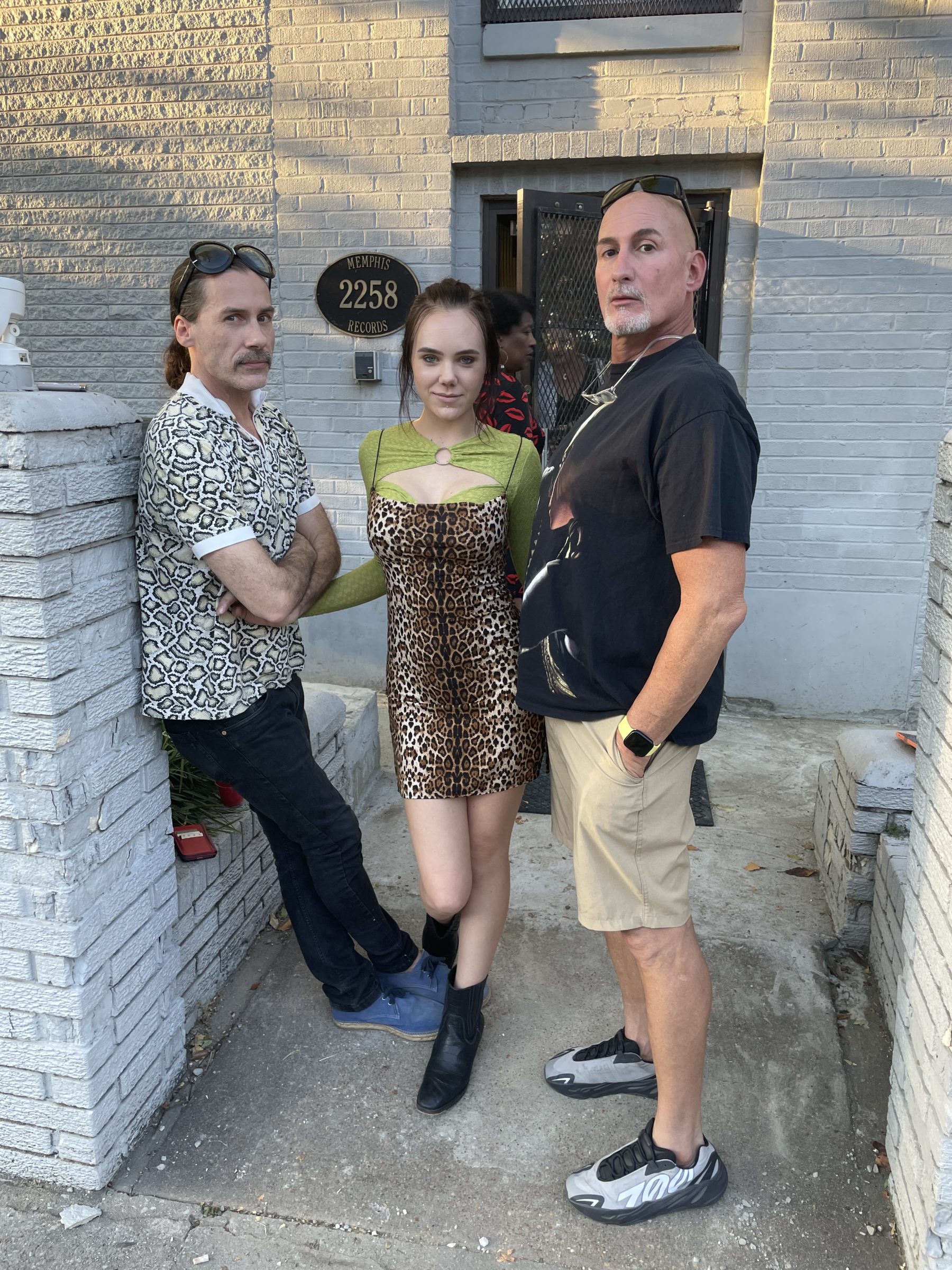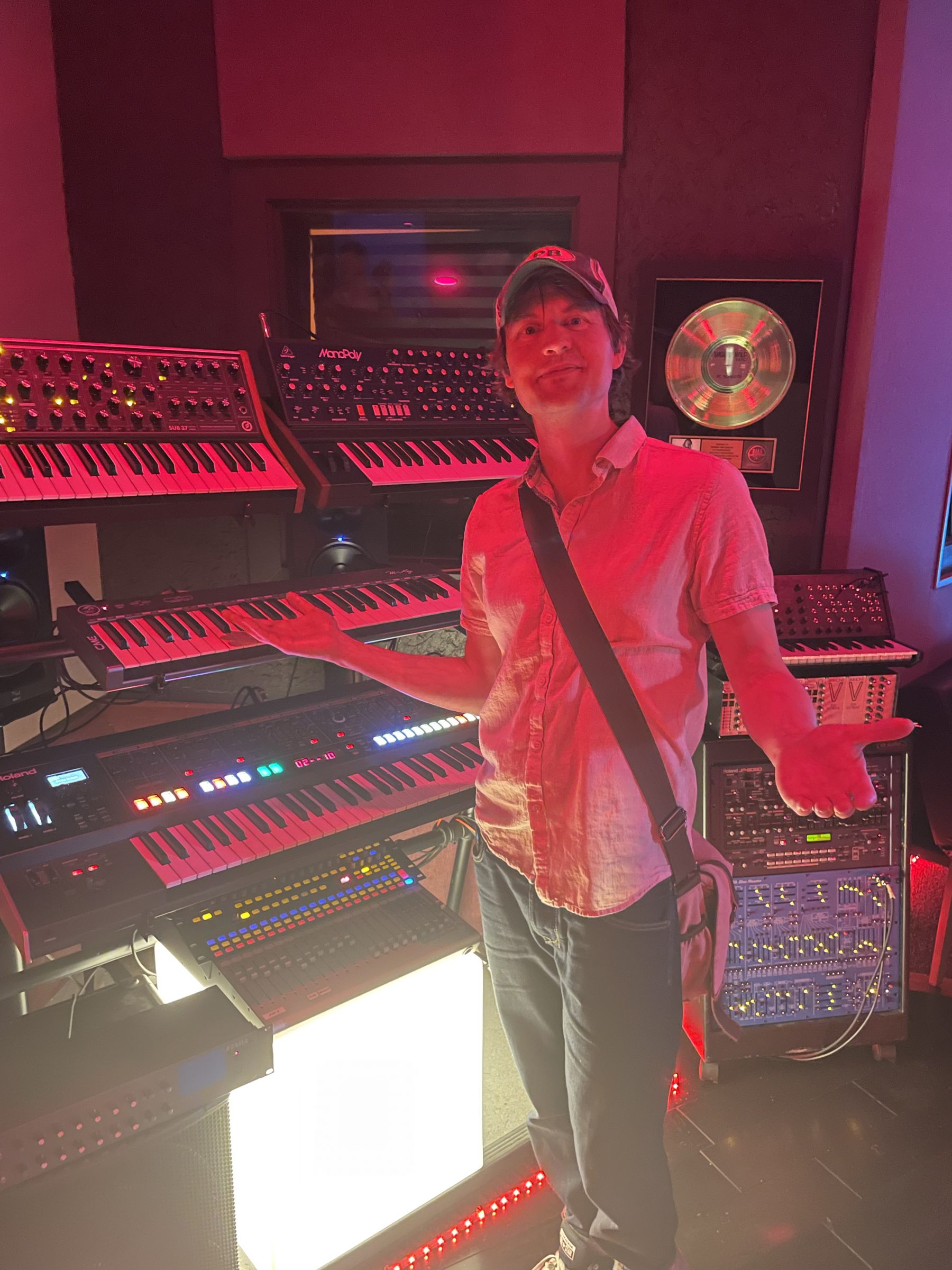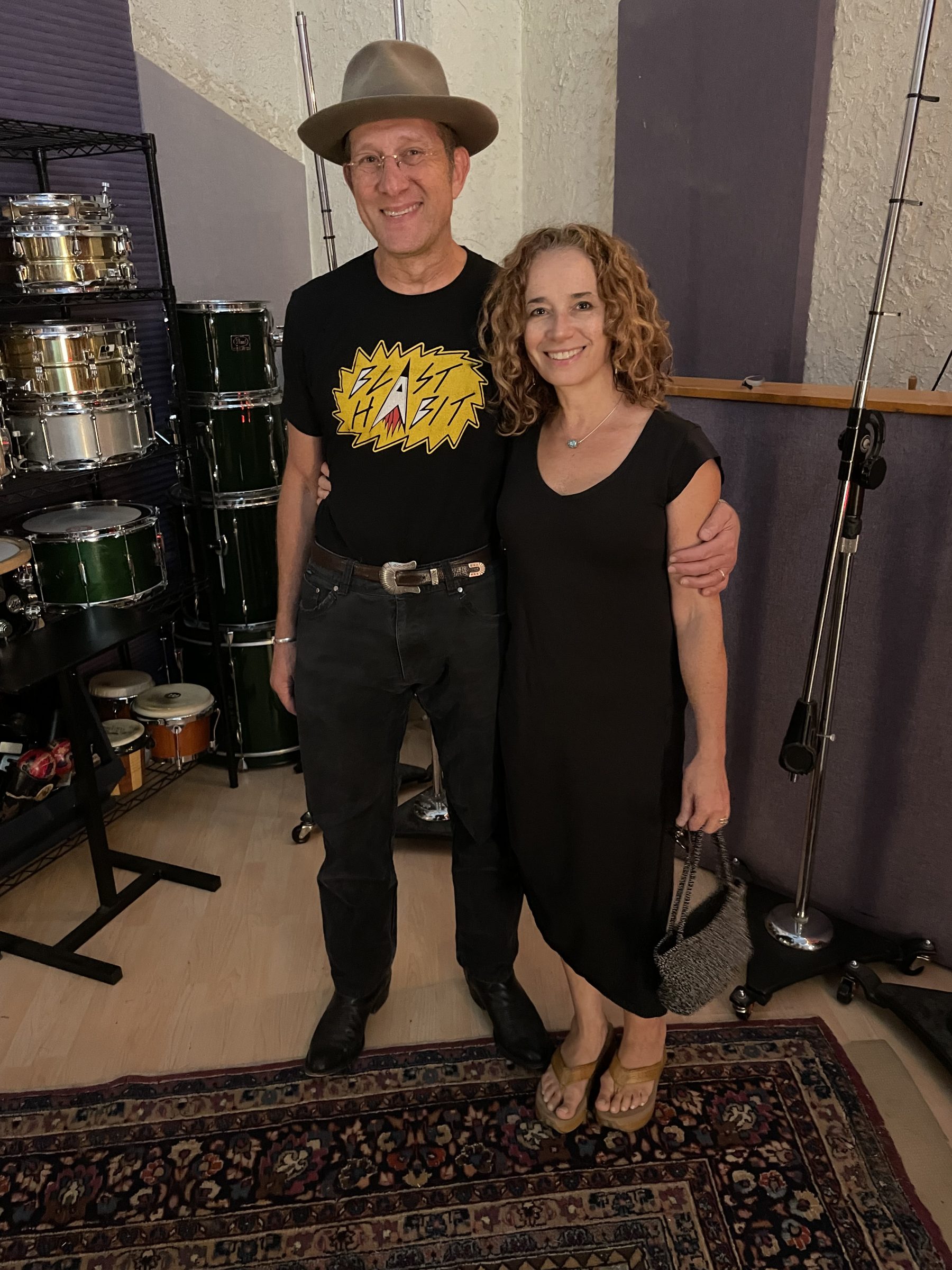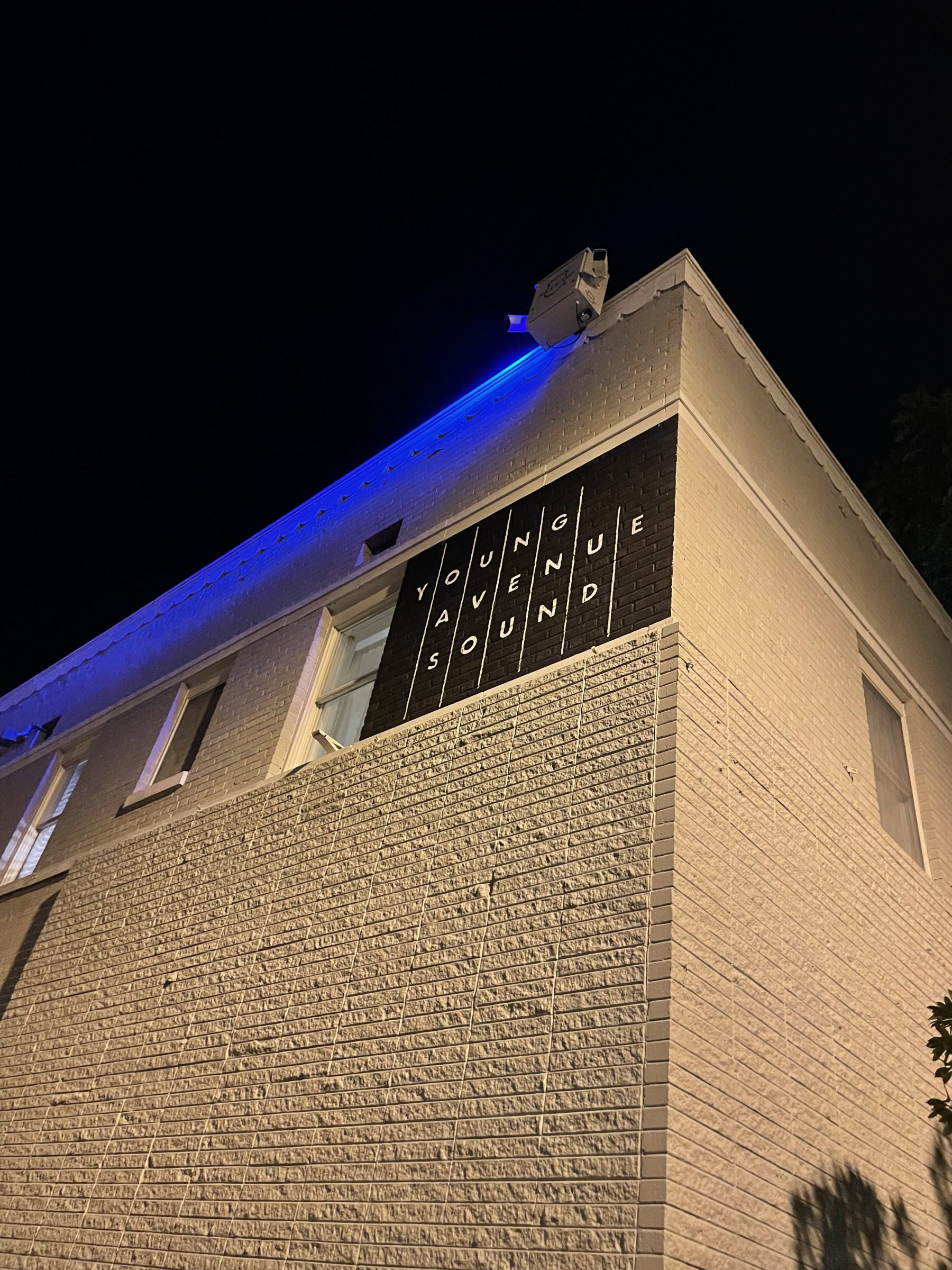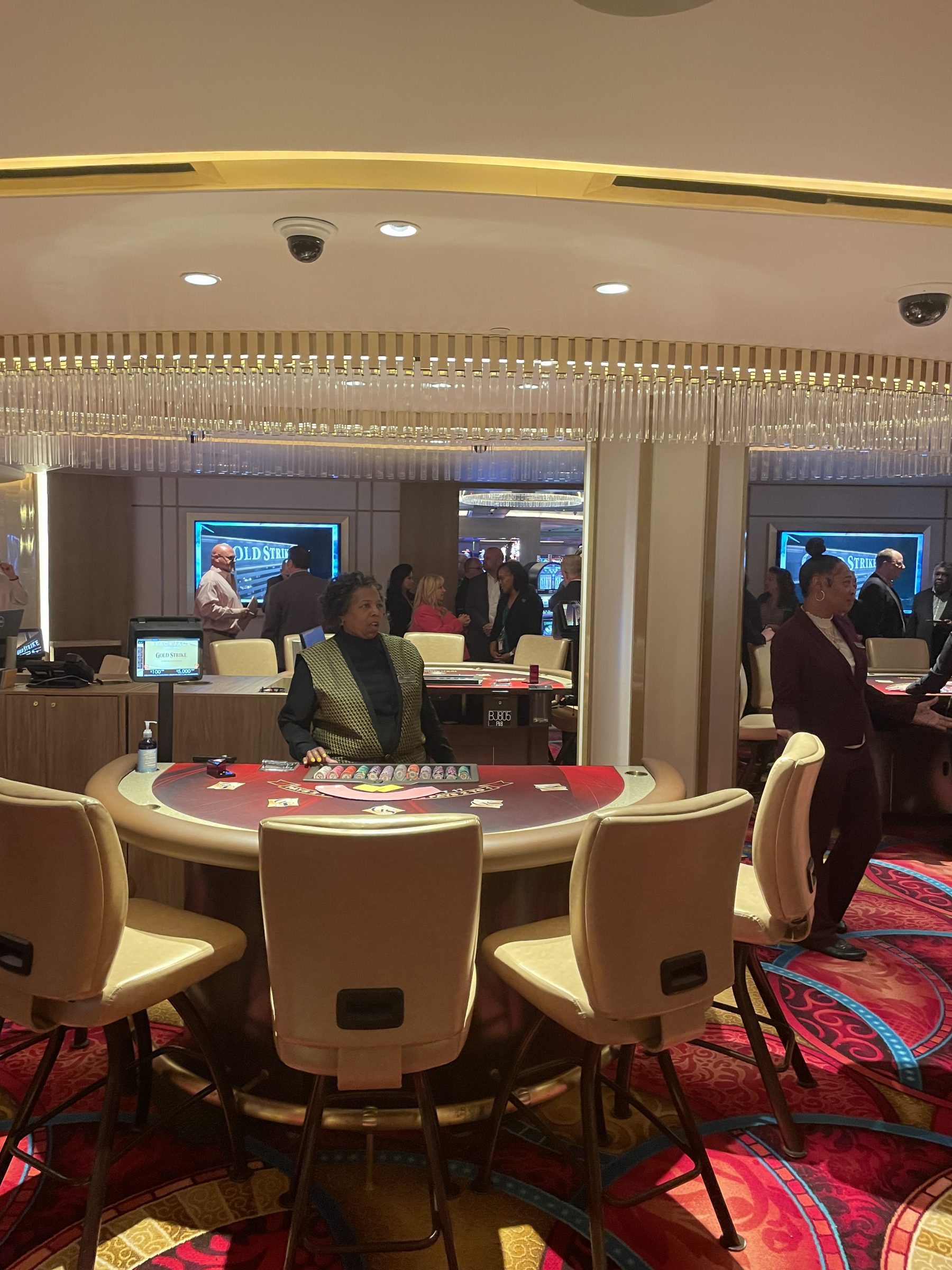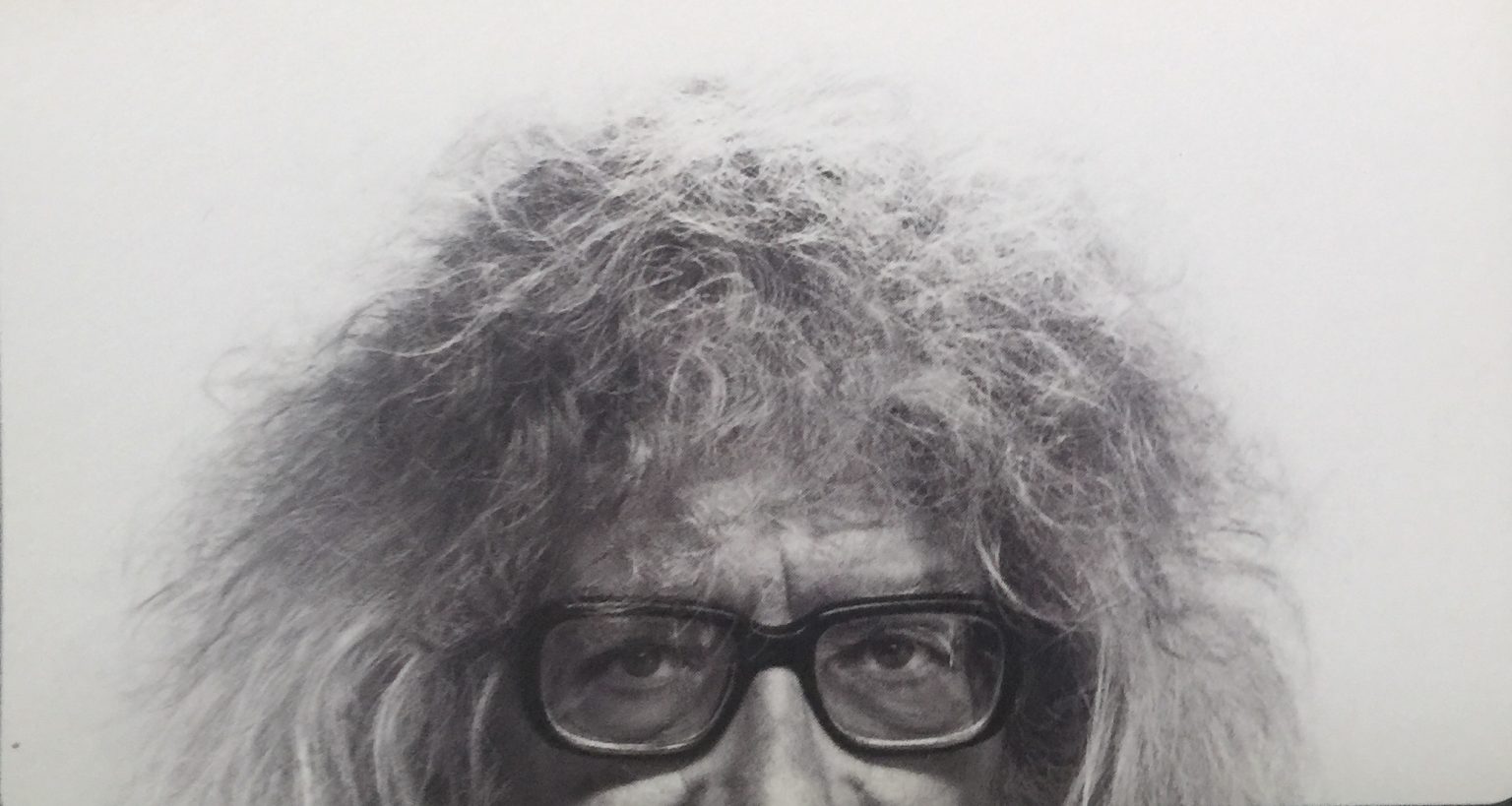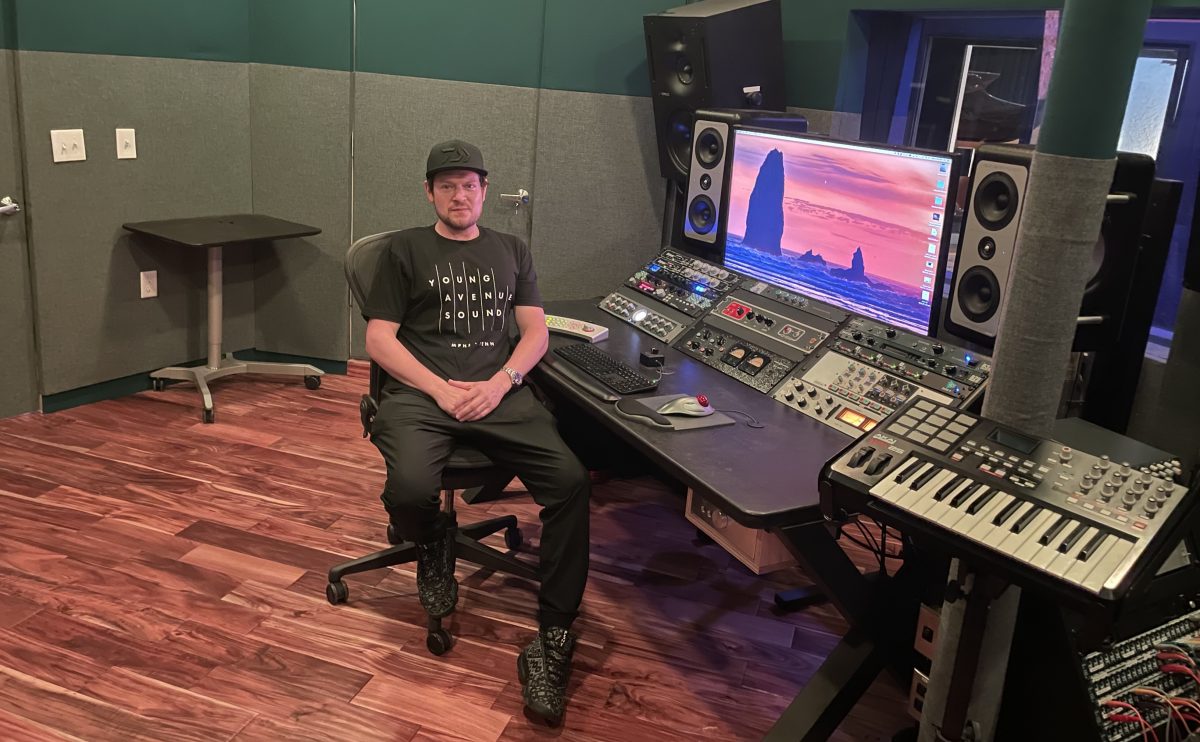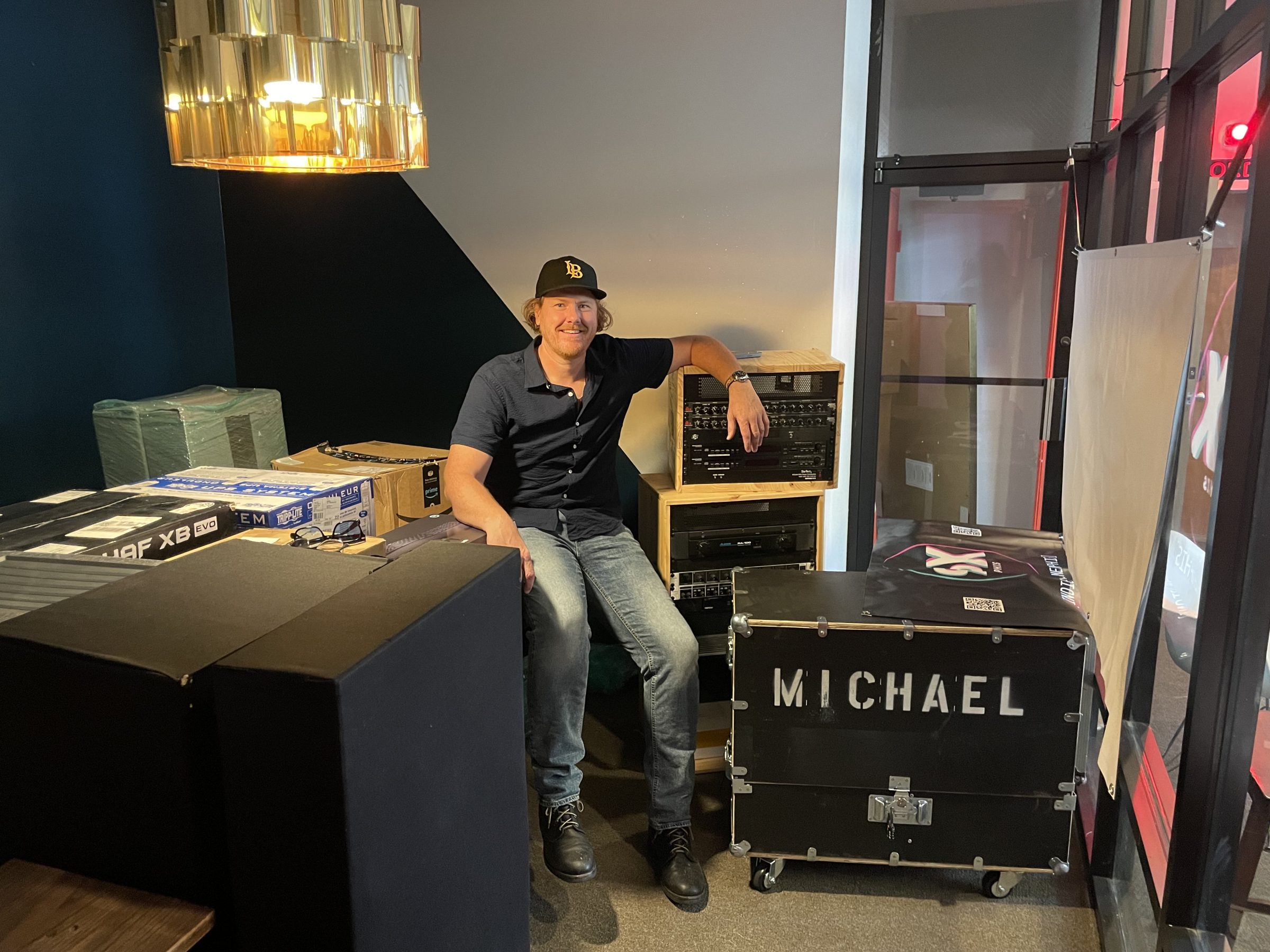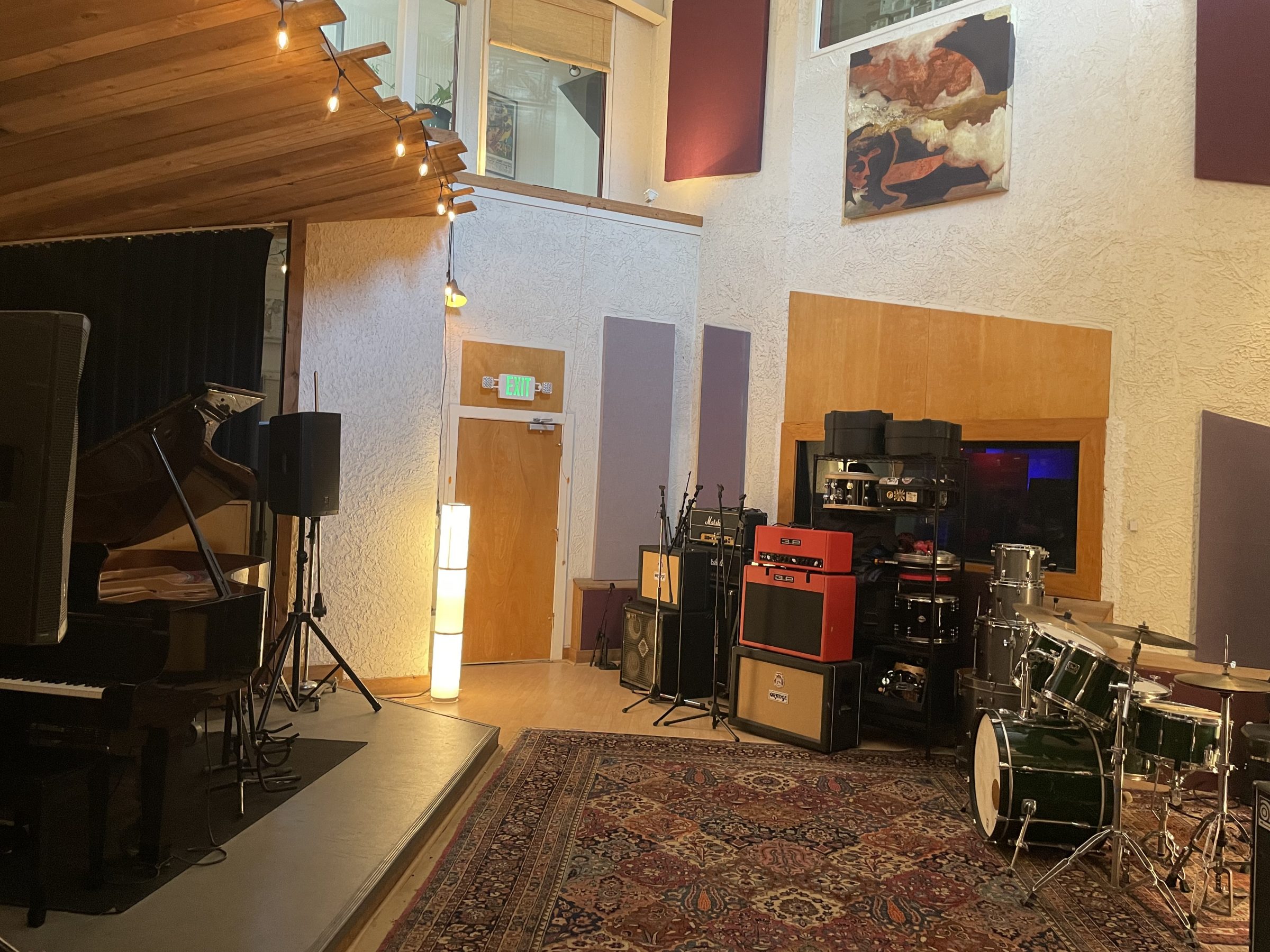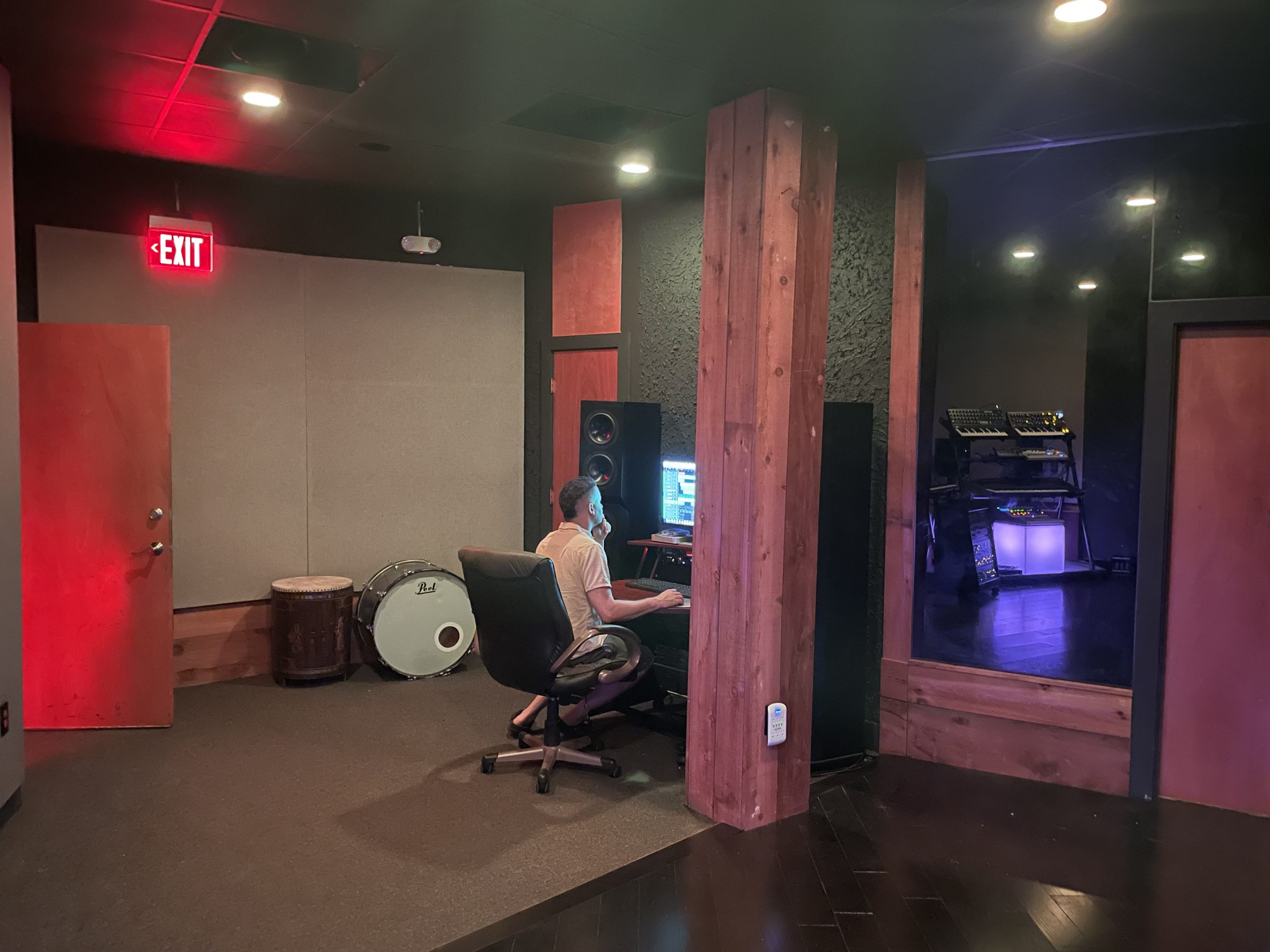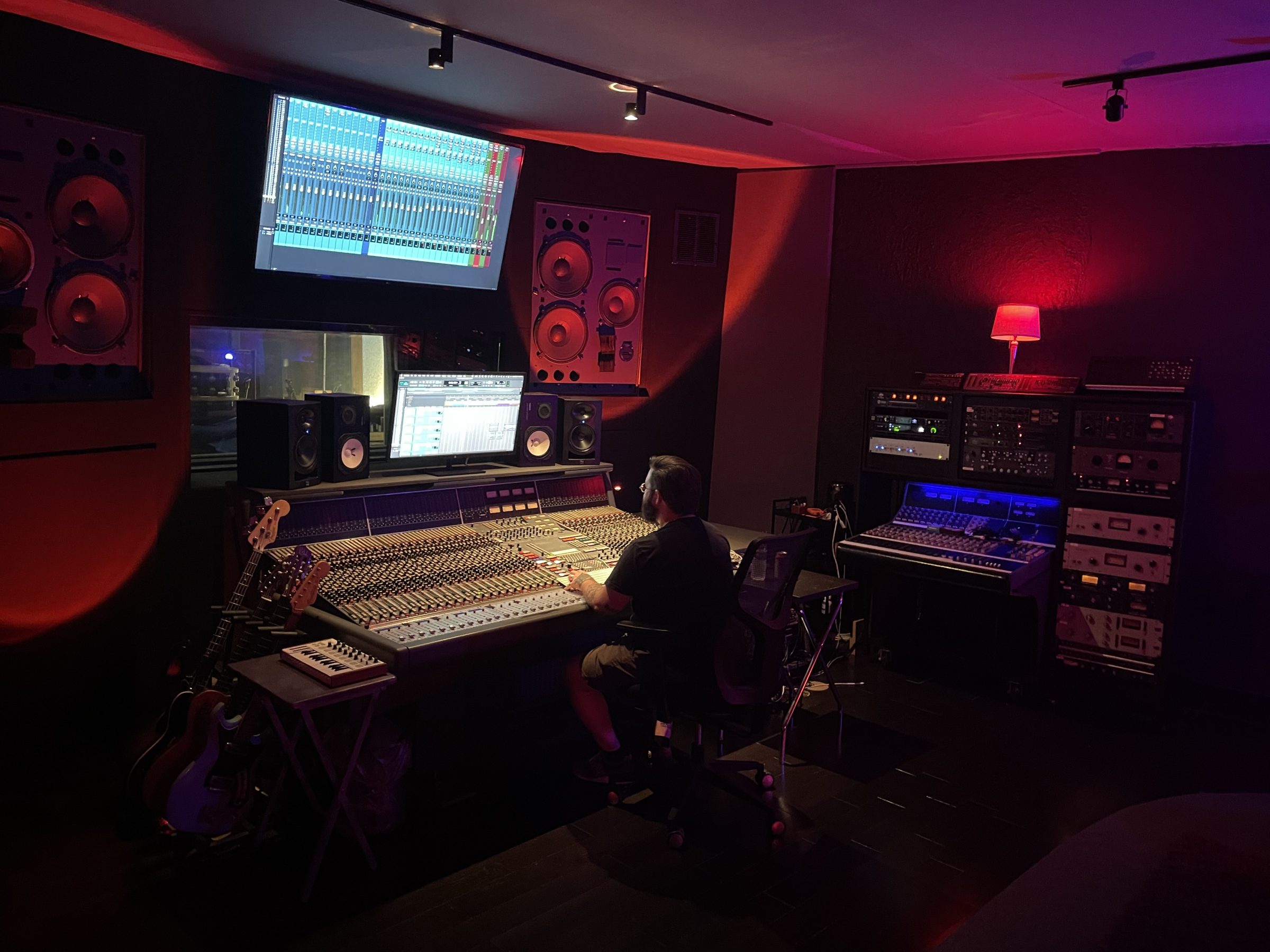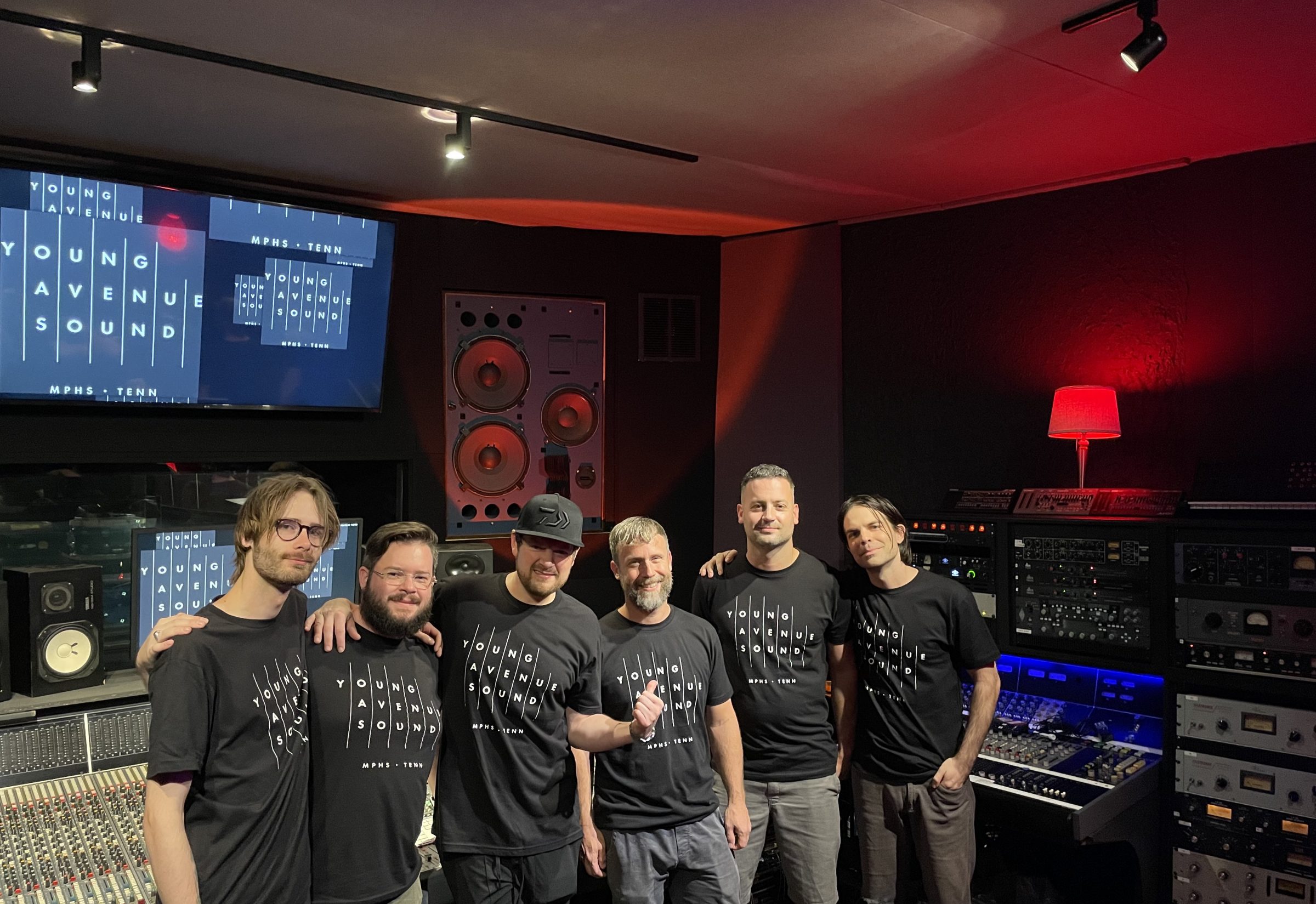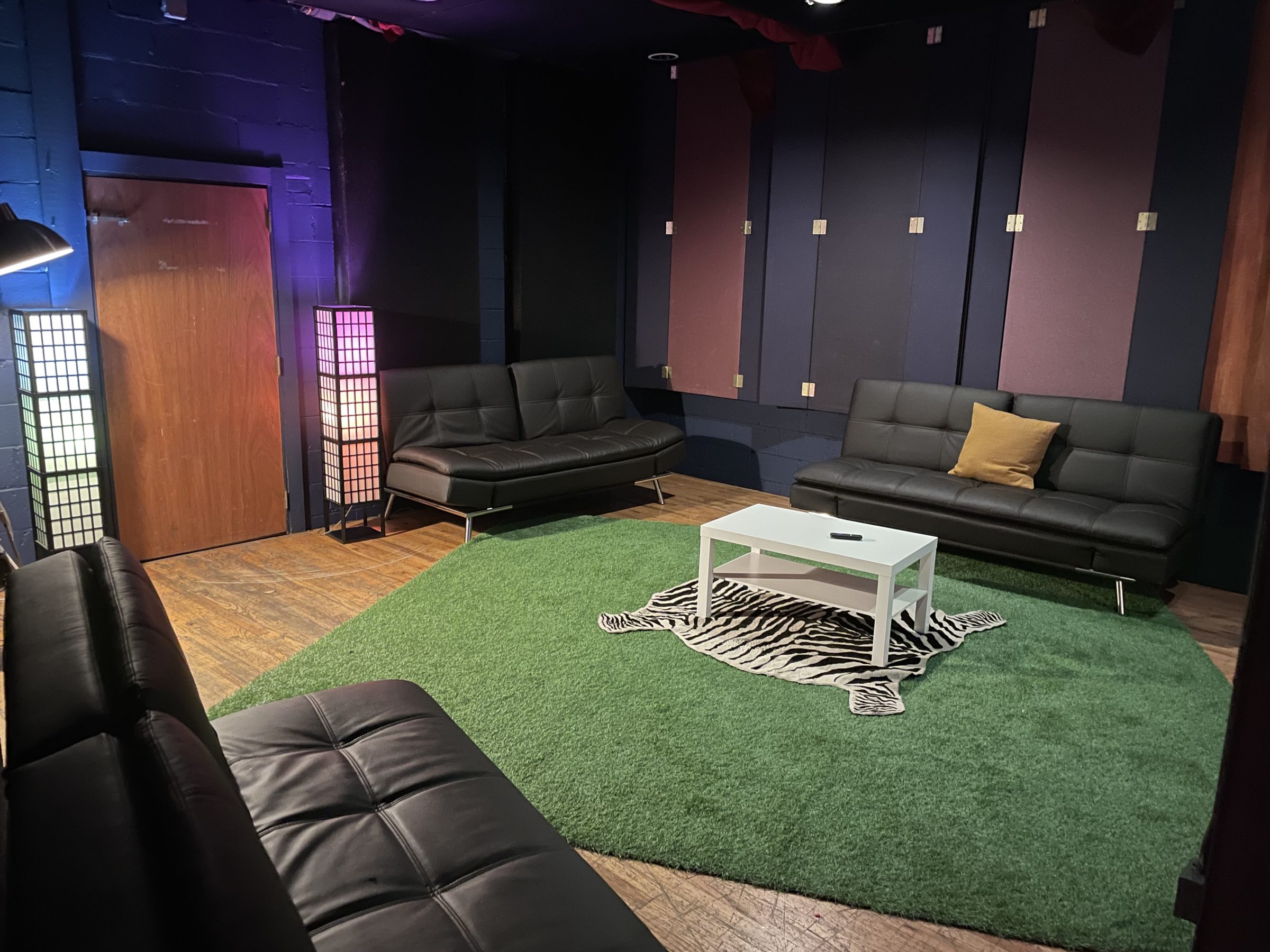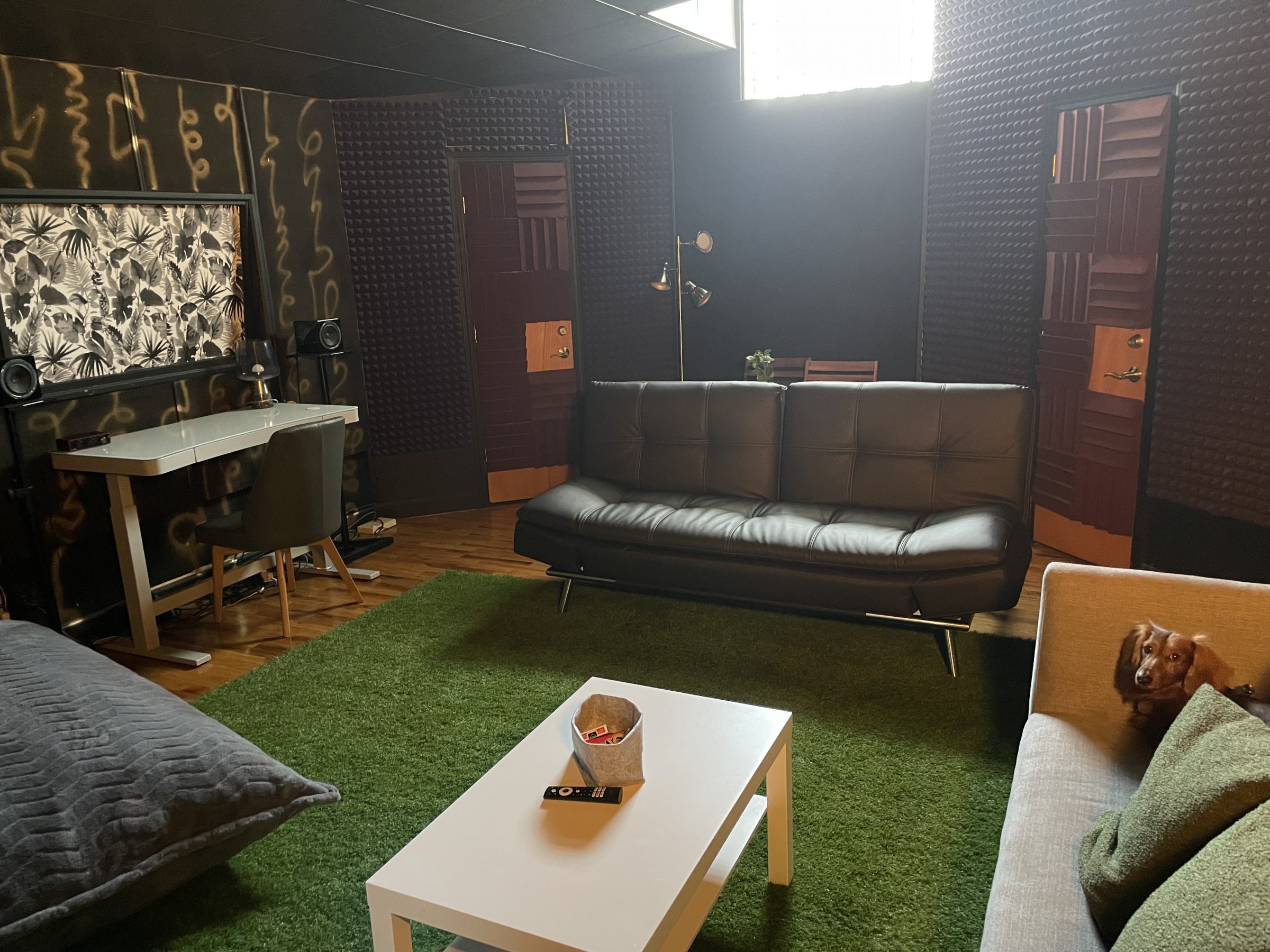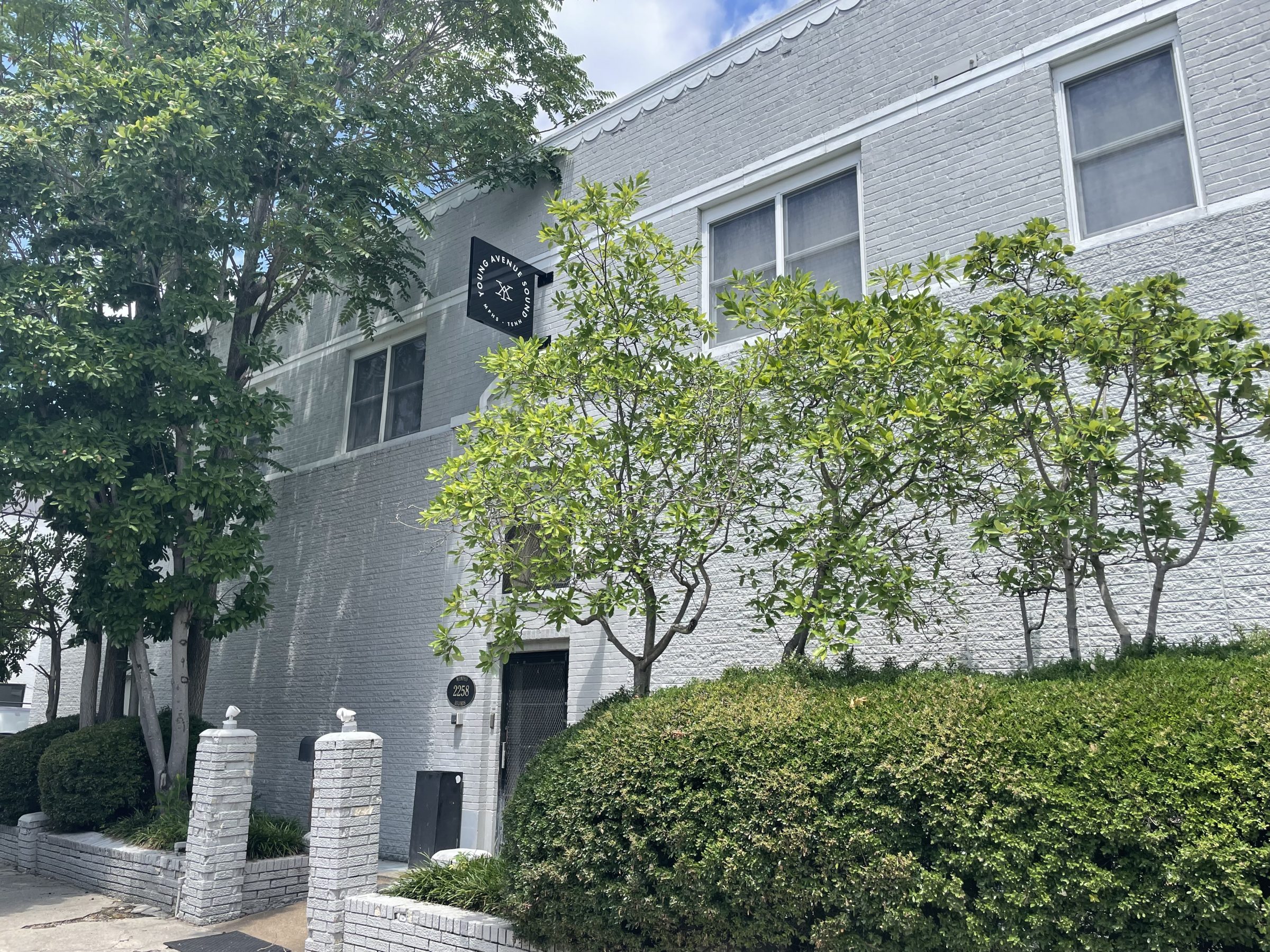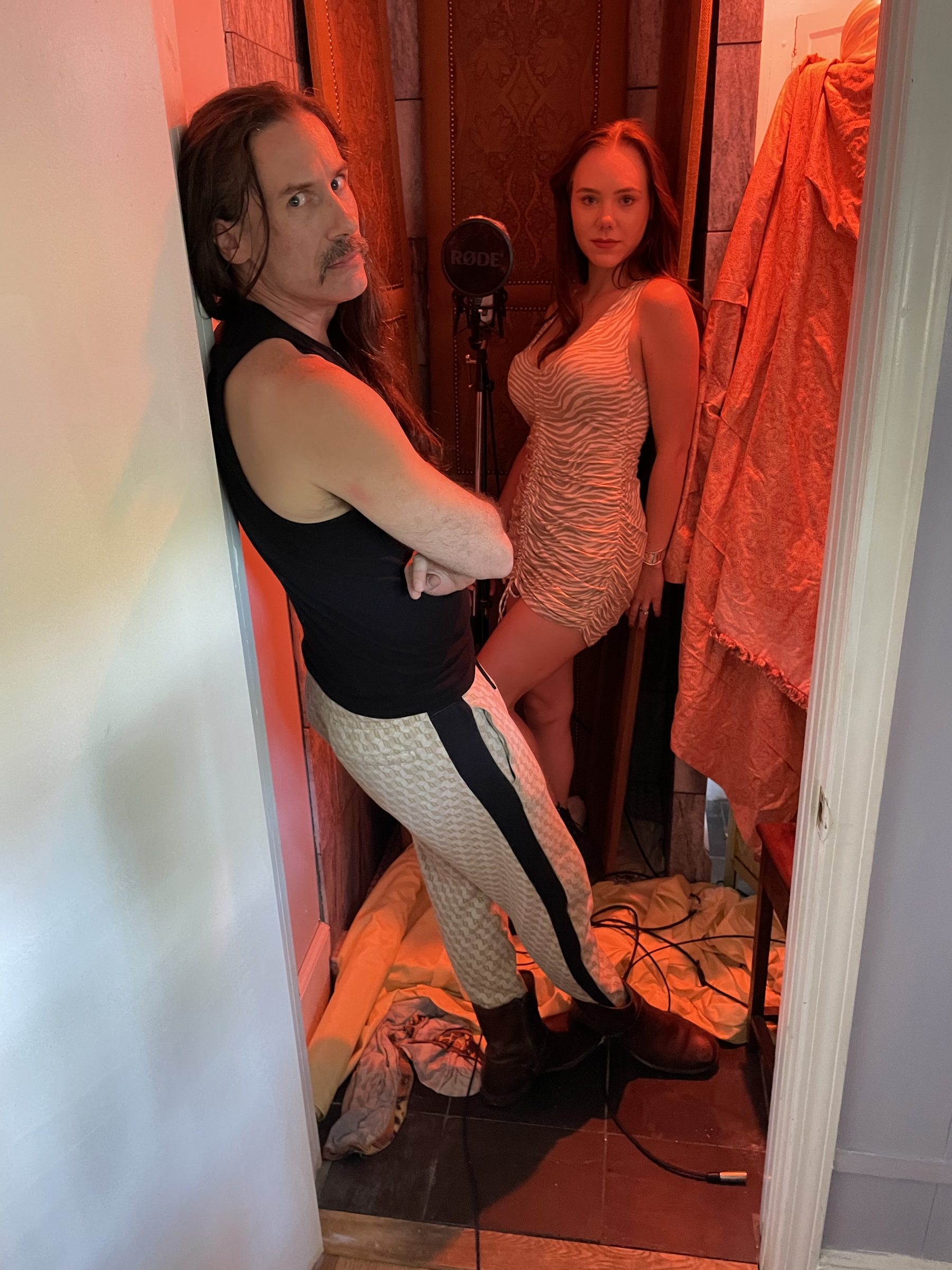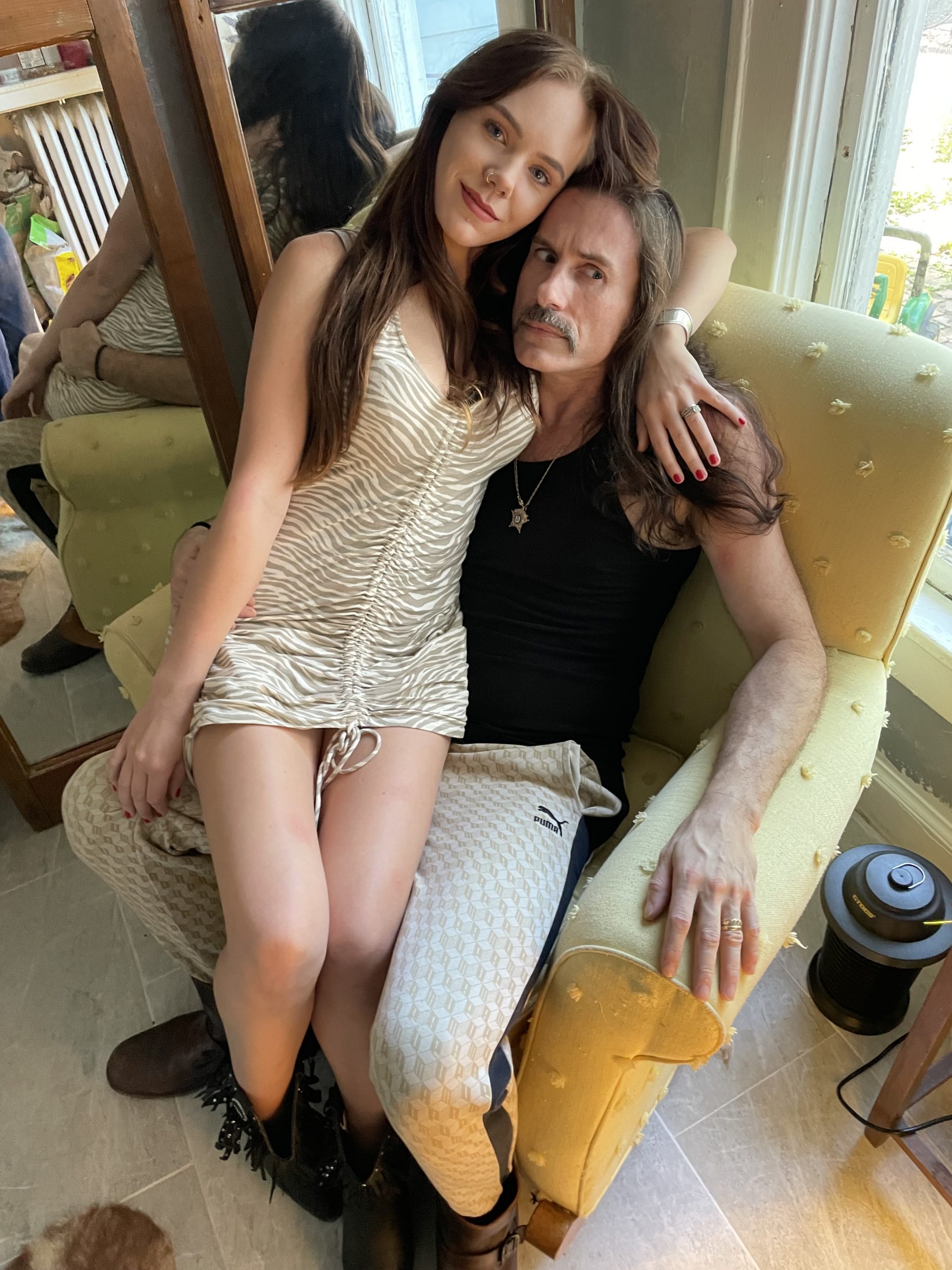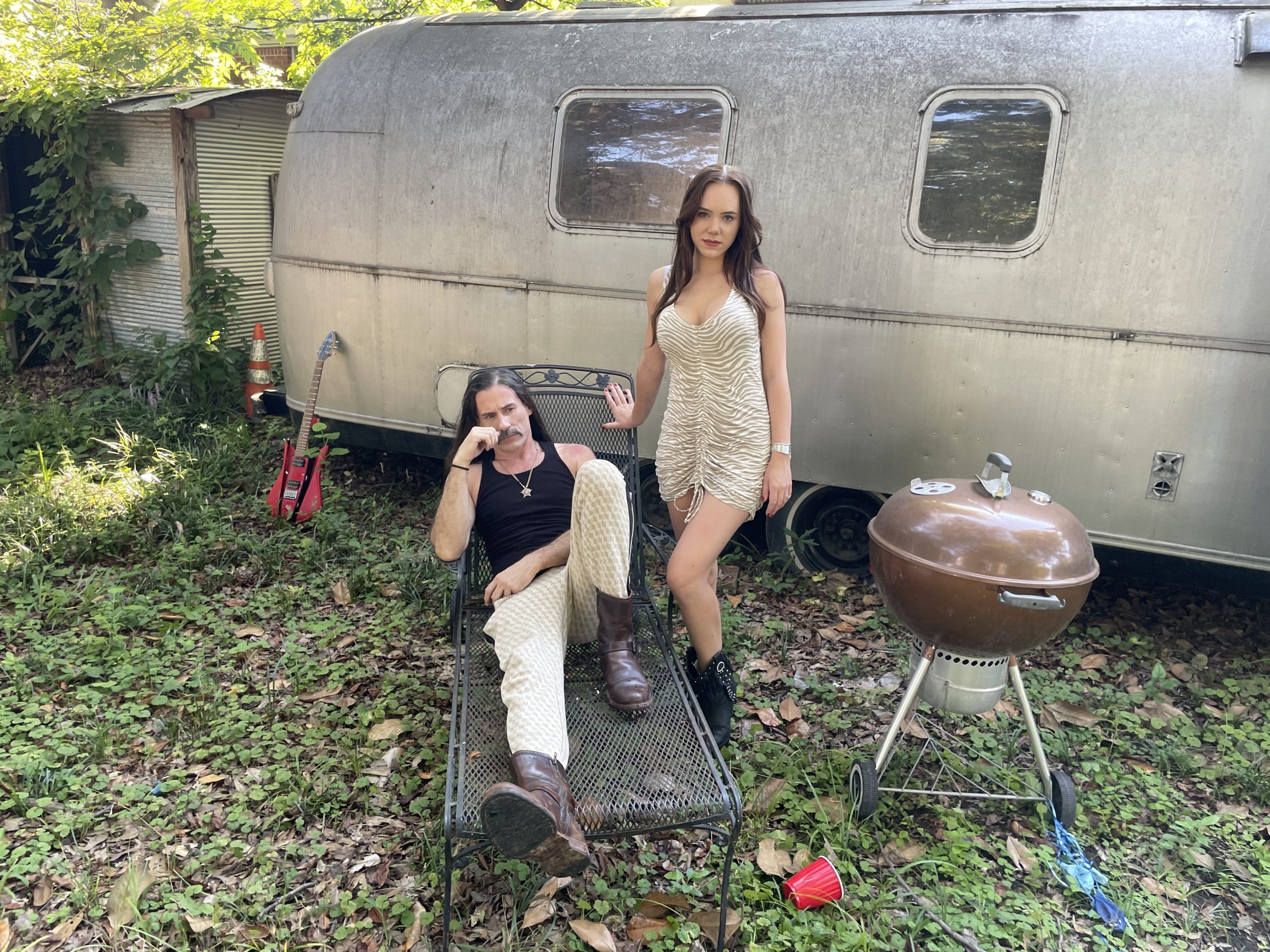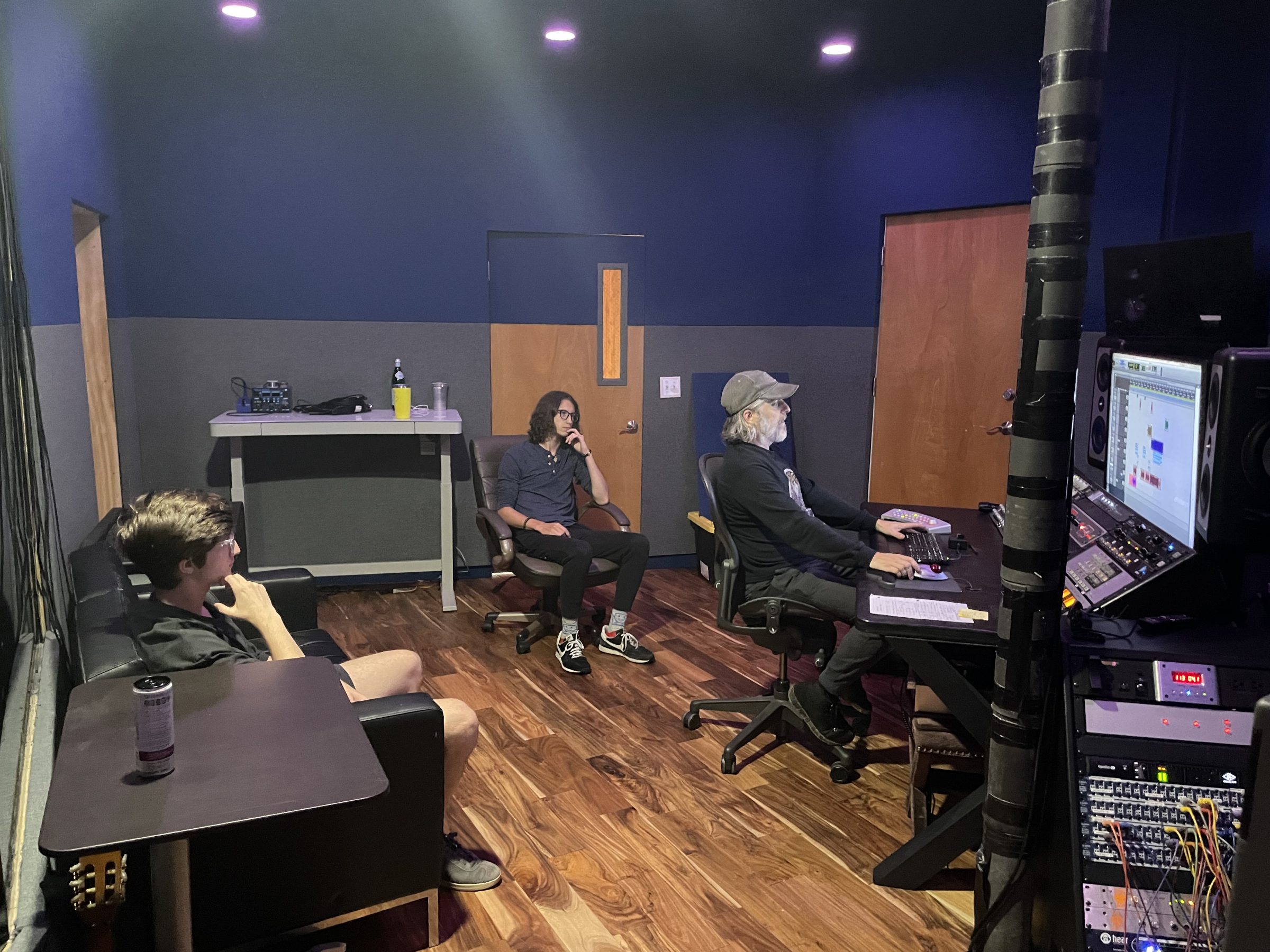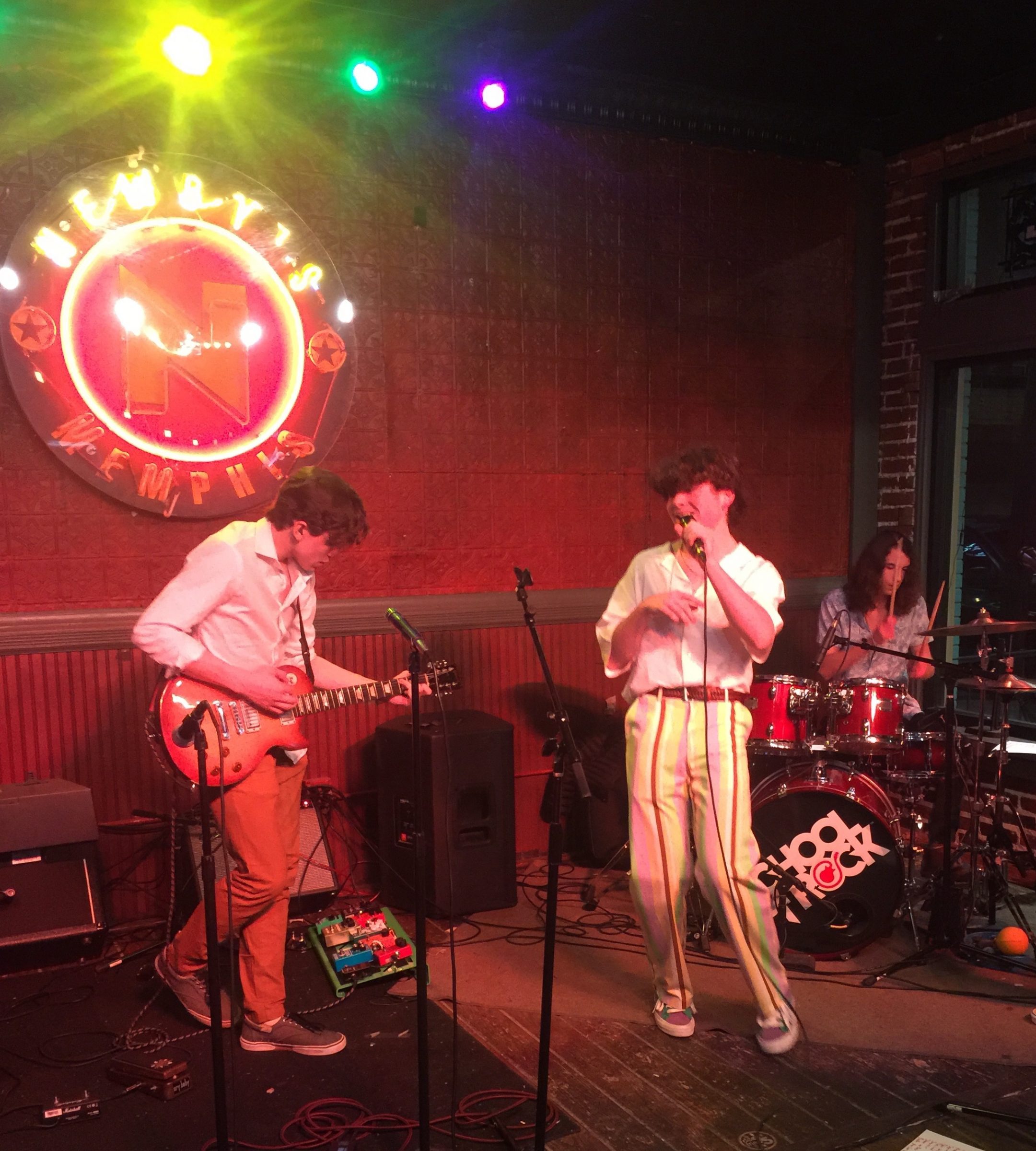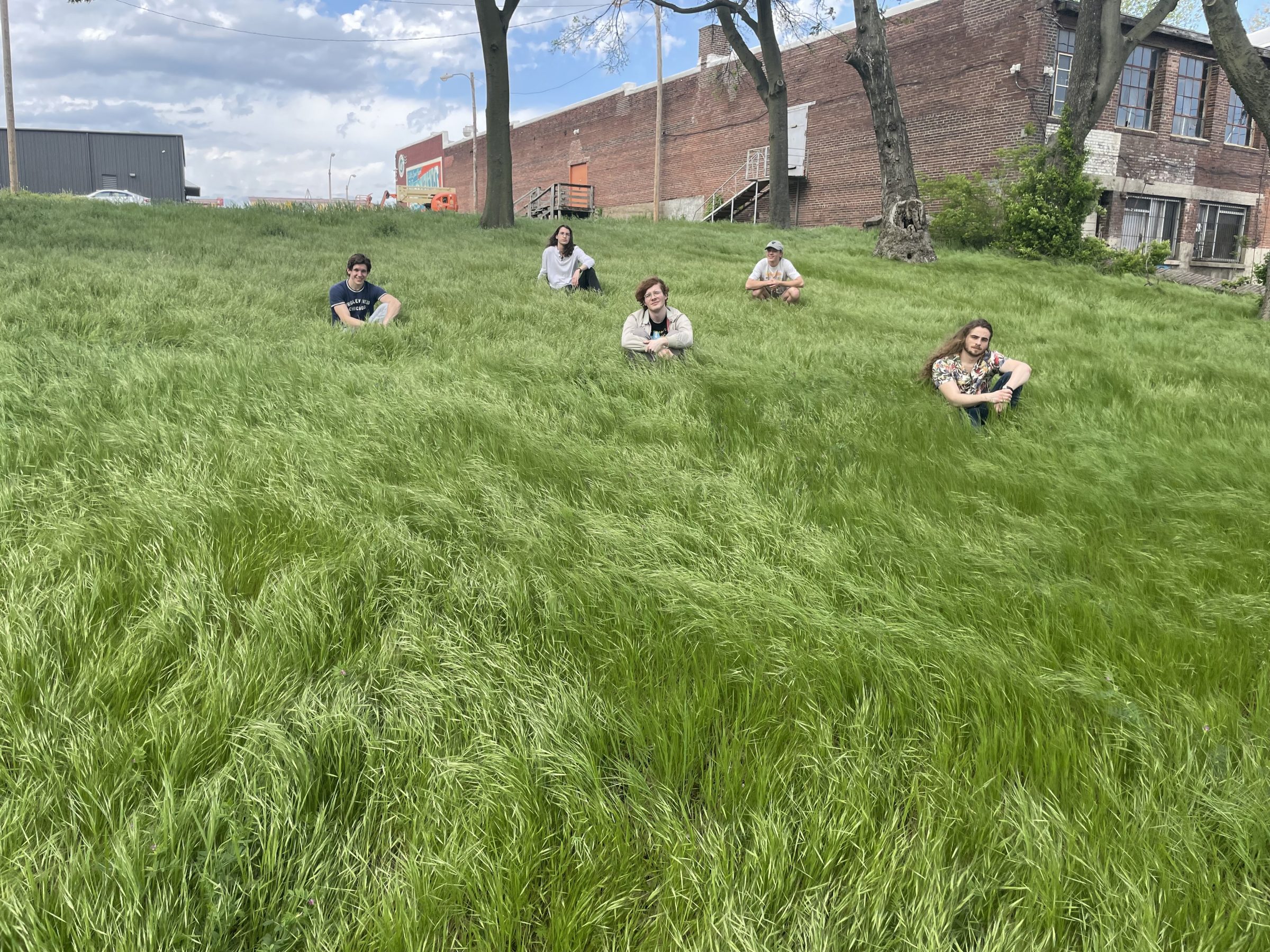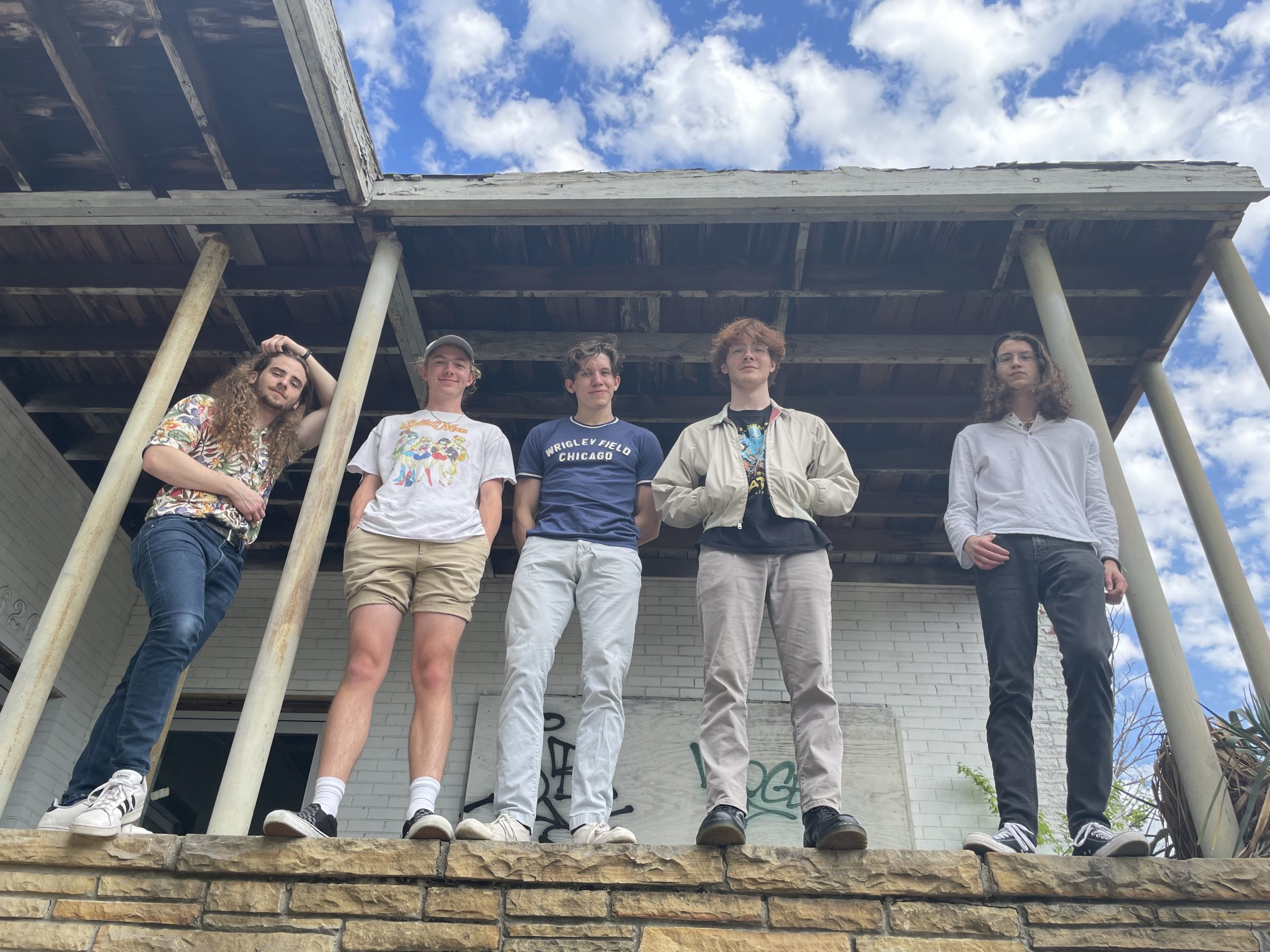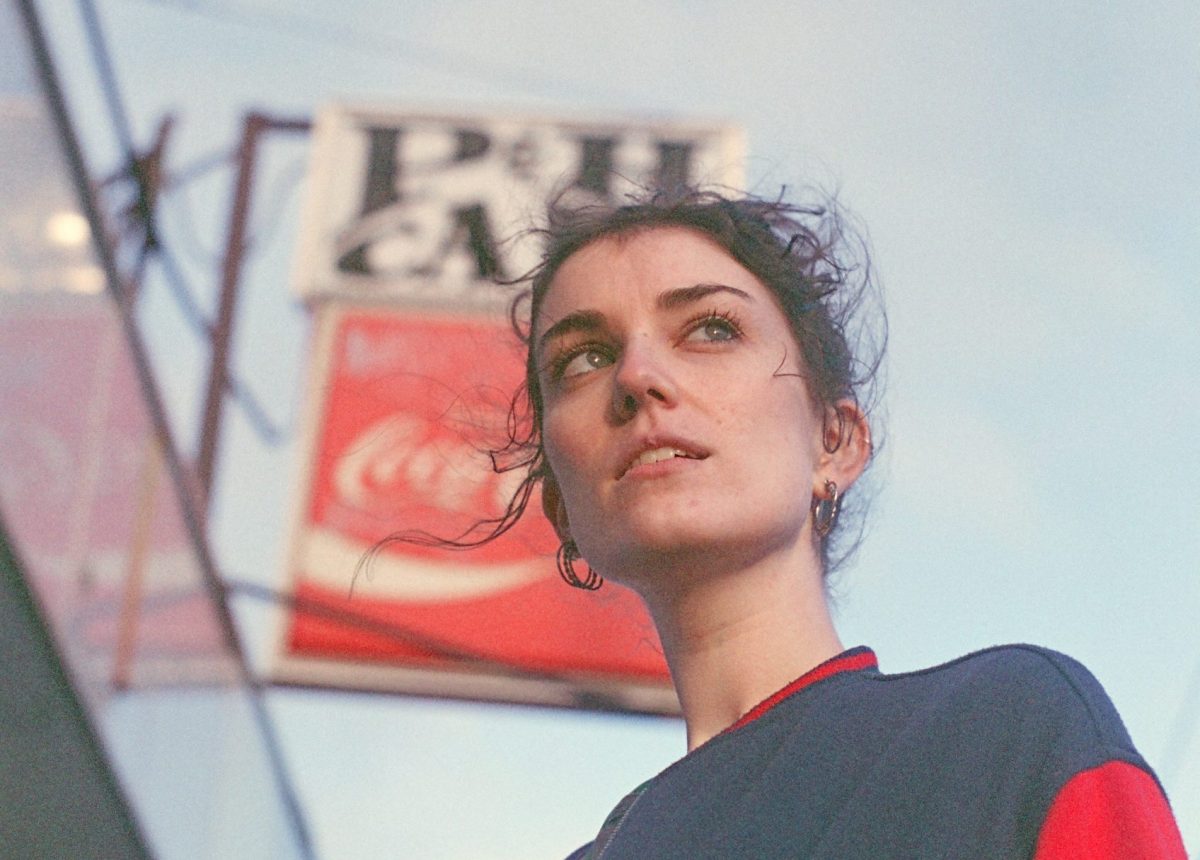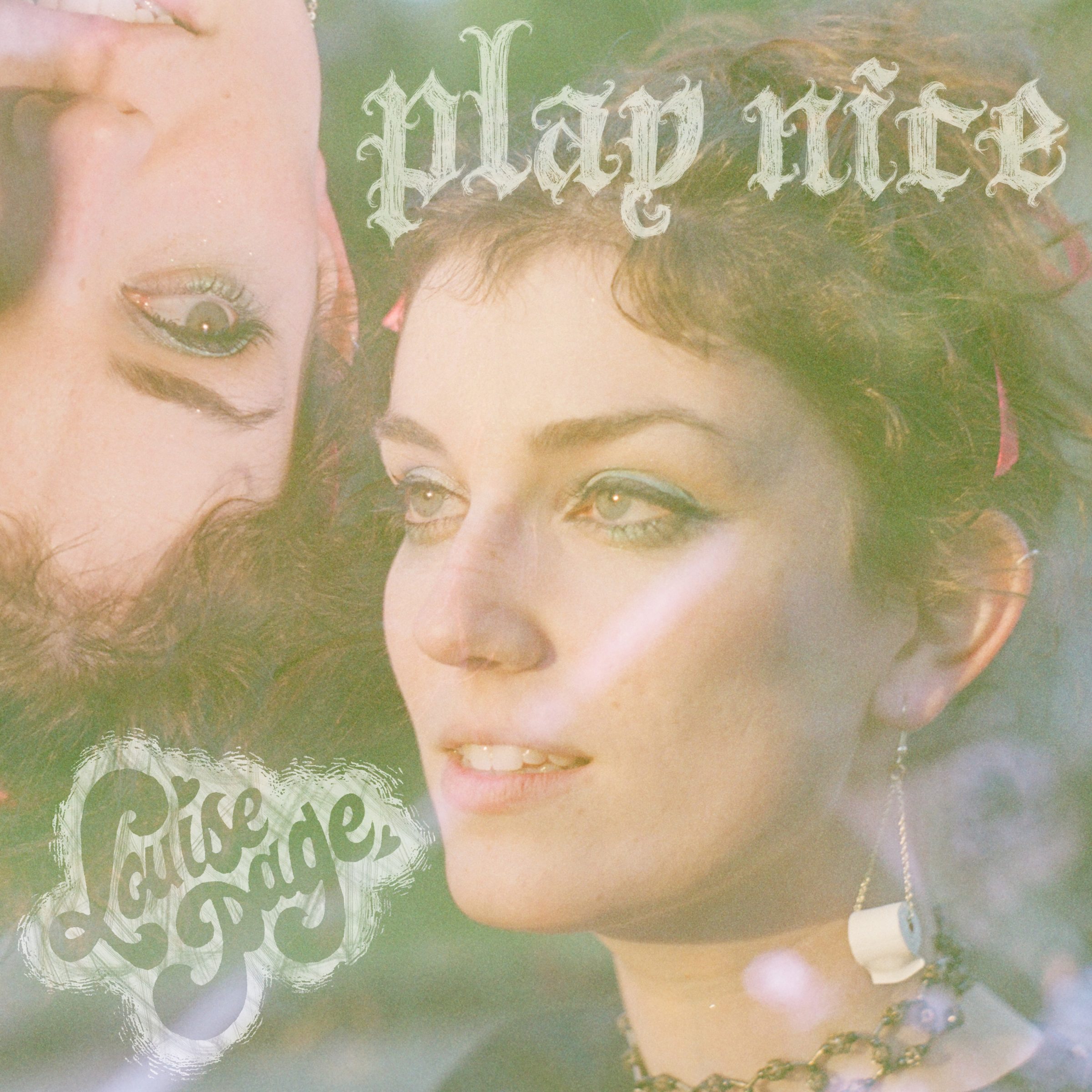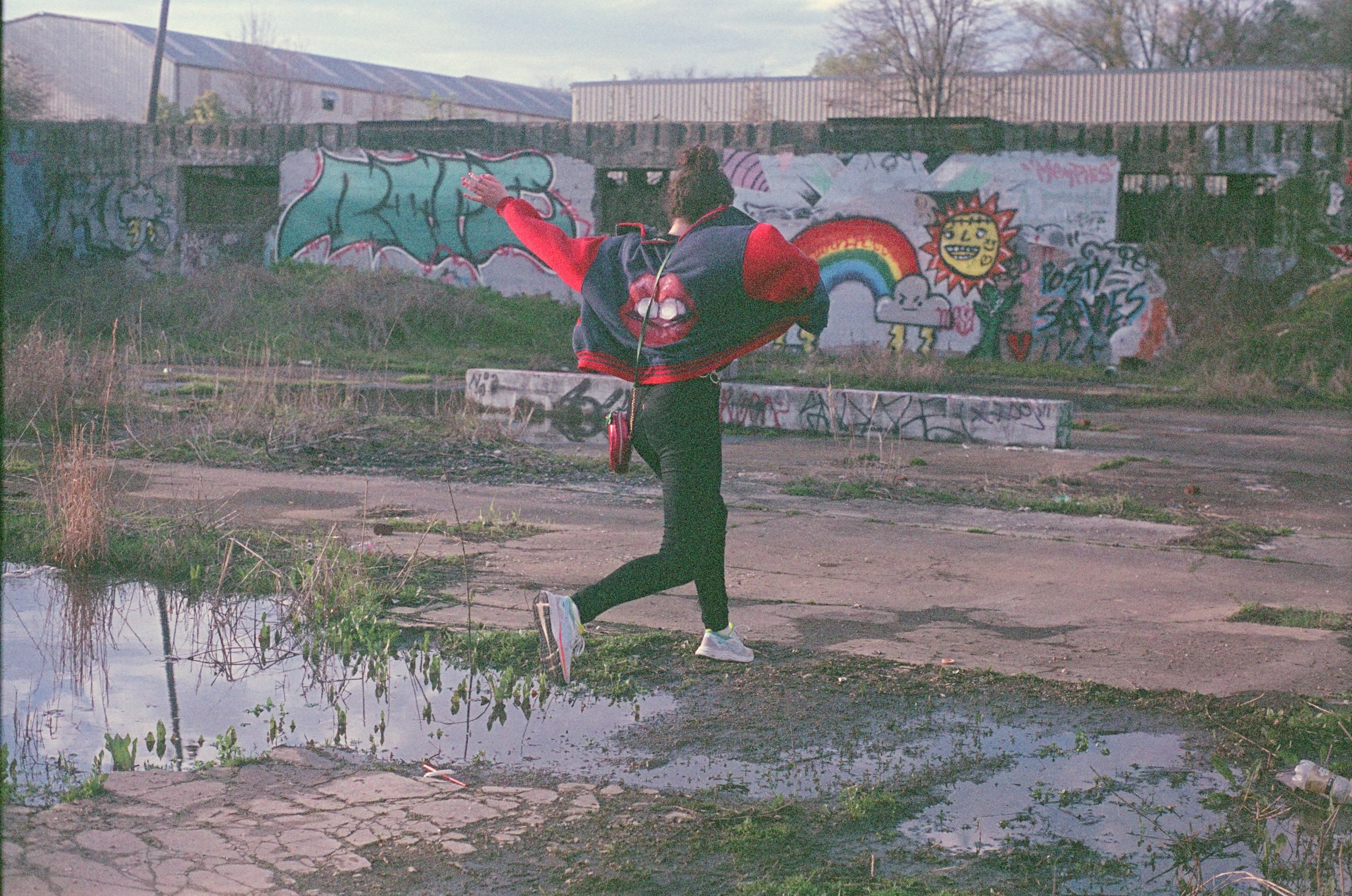Not many bands can say audience members created a dance to one of their songs.
The Narrows can, thanks to their song, “The Wheel.”
“I think it’s still the crowd favorite,” says singer/rhythm guitarist Owen Traw, 23. “I think people like how it sounds. People know some of the lyrics.”
And, he says, there’s “a dance during that song.”
“It’s like a bunch of little hand movements that fit whatever the lyrics are saying,” says bass player Bella Frandsen, 22.
One of the lines is “Don’t fall asleep,” says Traw, who wrote the song. “People make a negatory motion with their hand, like wagging their finger. Then when I say, ‘Fall asleep,’ they fold their hands under their heads like they’re sleeping. ‘At the wheel,’ they make a driving motion.”
People teach other people the dance at their shows, Frandsen says. “There’s an ever-growing number of people doing this silly dance.”
There’s also an ever-growing number of people going to shows featuring The Narrows. The Memphis rock band also features Aidan Smith, 25, on vocals and guitar, and Chris Daniels, 20, on drums. The band will open for Juicy J on April 5th in the Bryan Campus Life Center at Rhodes College as part of the school’s Rites of Spring.
“The Wheel” was the band’s first single. “Our best song at that time,” Smith says. “The one that got the crowd going the most.”
“I wrote it when I was really sick,” Traw says. “I still have the voice memos of that moment when I was trying to make sure I didn’t forget it. “
He had a bad cold. “I was all hunkered up and all gross in my room. I had a chord change in my head.”
The lyrics originated from a drive Traw took to Nashville. It was bumper-to-bumper traffic, but people were speeding. “If anybody hit the brakes it would have been really bad. It’s basically just about the feeling that one’s decisions have really big impacts.”
It was Traw’s idea to form a band about a year ago. It became The Narrows. “I started the band basically because I really wanted to express myself artistically, but I didn’t know how,” he says. “I wasn’t a musician or anything.”
That changed after he saw Smith in One Strange Bird. “A band I formed with some friends from Rhodes a few years ago,” Smith says. “We were playing really shitty bars and stuff like that.”
“Aidan really blew me away,” says Traw, who thought, “Dang, he’s so good. I wish I knew how to play music.”
Traw already played some guitar. “I could play ‘cowboy chords,’ as they call them, on the guitar, but I couldn’t play barre chords or hold a pick.”
He was impressed with “the way Aidan played the guitar. It’s a really cool mix of rhythm and lead playing. The kind of stuff Jimmy Page does. Or Jimi Hendrix. Playing guitar and lead at the same time and it’s really melodic. Just really catchy and good, too. Tasteful.”
Traw originally met Smith when they were at Rhodes. “We met very, very briefly. We had one conversation, really, where I told him he looked like Kurt Cobain.”
He got Smith’s phone number, texted him, and asked him if he wanted to be in a band.
“He had a demo that was circulating through the friend group,” Smith says. “So I knew who he was. When he said, ‘Let’s jam,’ I was like, ‘Yeah. For sure.’”
As for Traw’s guitar ability back then, Smith says, “He’s being a little modest. He could play a little bit of guitar.
“I remember him playing four or five songs. I thought all of them were really pretty good.”
The songs “were all well constructed and sort of in a tradition I love from the ’60s and ’70s music. I saw the nuances and jumps from verses to choruses and back. And the way that the melodies would work with the chords when he was playing.
“That night I think we wrote a song together.’”
The song was “Waste,” Smith says “It was an idea that I had that we just fleshed out based on an experience with DMT, the psychedelic. A drug I had taken years before that. I really wanted to write a song about it. And Owen really helped me out with the lyrics.”
Recalling how he felt on the drug, Smith says, “It made me feel like all comfort and warmth was gone from the world. I was looking at the sunshine in my parents’ backyard and it was kind of frightening. It was a frightening and beautiful experience. I was doing a lot of it then. That was when I was 18 or 19.”
Traw eventually became comfortable playing guitar. “I definitely got to the point where I could play guitar a little bit better,” he says. “I almost learned through osmosis because Aidan is so good. The way he would move his right hand to strum and hold the pick. Or what he would do with his fingers on his left hand. I would basically just watch him and try to do that.”
He and Smith began playing together in public. “At that point Aidan and I were writing songs on acoustic guitars and playing open mic nights. We wanted a band, but we didn’t know who would be the drummer, who would play bass.”
They began auditioning drummers. Born in Memphis, Daniels began playing drums at age 5. “I was born in the church, so I always watched church musicians. My uncle [the late Bernard Wilson] played drums as well. He kind of got me into it.”
Daniels was in the jazz band at Ridgeway High School and Middle School. He’s currently in the jazz band at University of Memphis.
As for what makes The Narrows different, Daniels says, “You have your punk rock and stuff and all that jazz, [but] I think our music is different because we talk about real life events. And it’s basically like therapy, like you’re talking to a counselor or something like that.”
Traw was impressed when he learned Daniels played drums in jazz groups. “I played jazz drums but had long since quit. But I know jazz takes a lot of musicality, and it’s really difficult to play. And with Chris, you could tell he had serious chops.”
They then interviewed bass players. Frandsen, a Rhodes student from New York who already was a friend of Traw’s, felt confident when she auditioned for them. “I really just clicked. I got along with everyone and everything worked really well.”
Smith thought Frandsen was “super intuitive” when they were working on their song, “Ice About to Melt.” “I played off the bass line that she had dreamed up,” he says. “That became a main figure in the chorus of the song. I could tell she was really super musical and an overall musician instead of strictly a bassist.”
The band name came from the Tacoma Narrows Bridge, twin suspension bridges spanning Puget Sound’s Tacoma Narrows strait in Washington.
“I also think ‘The Narrows’ is pretty evocative even if you don’t know what the body of water is,” Traw says. “In my head, it made me imagine scrawny figures.”
The group, which has been touring, recently played shows with their friends in Smokies, a band from Jackson, Mississippi. They’re planning a “more serious tour this summer.”
The Narrows also completed its first EP, Sloth & Envy, which the group recorded at Easley McCain Recording and Young Avenue Sound.
Describing the EP’s cover he designed, Eli Schwartz says, “It evokes a feeling of being lost, helpless, and feeling like a stranger to yourself. Wondering who you are and coming up empty handed.”
